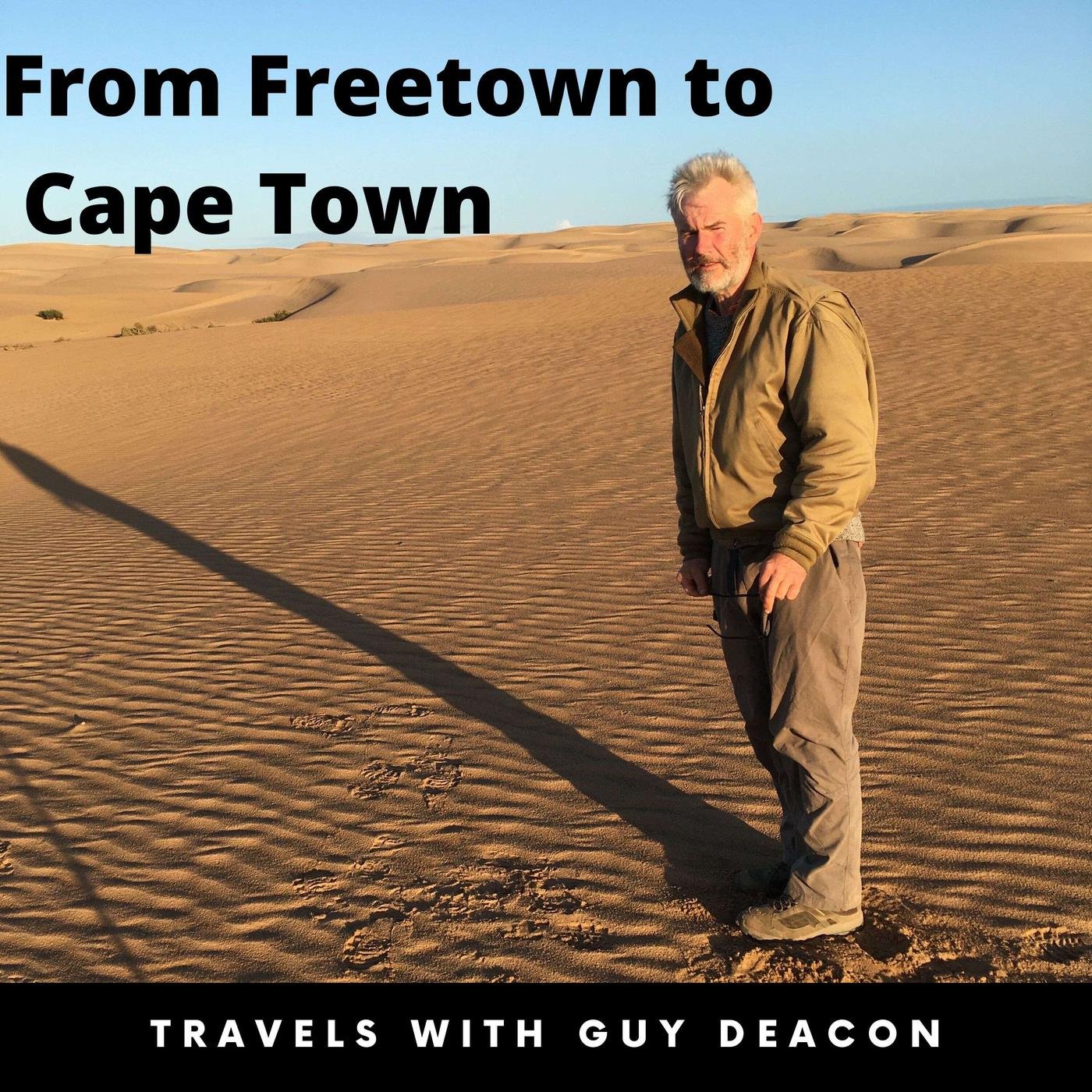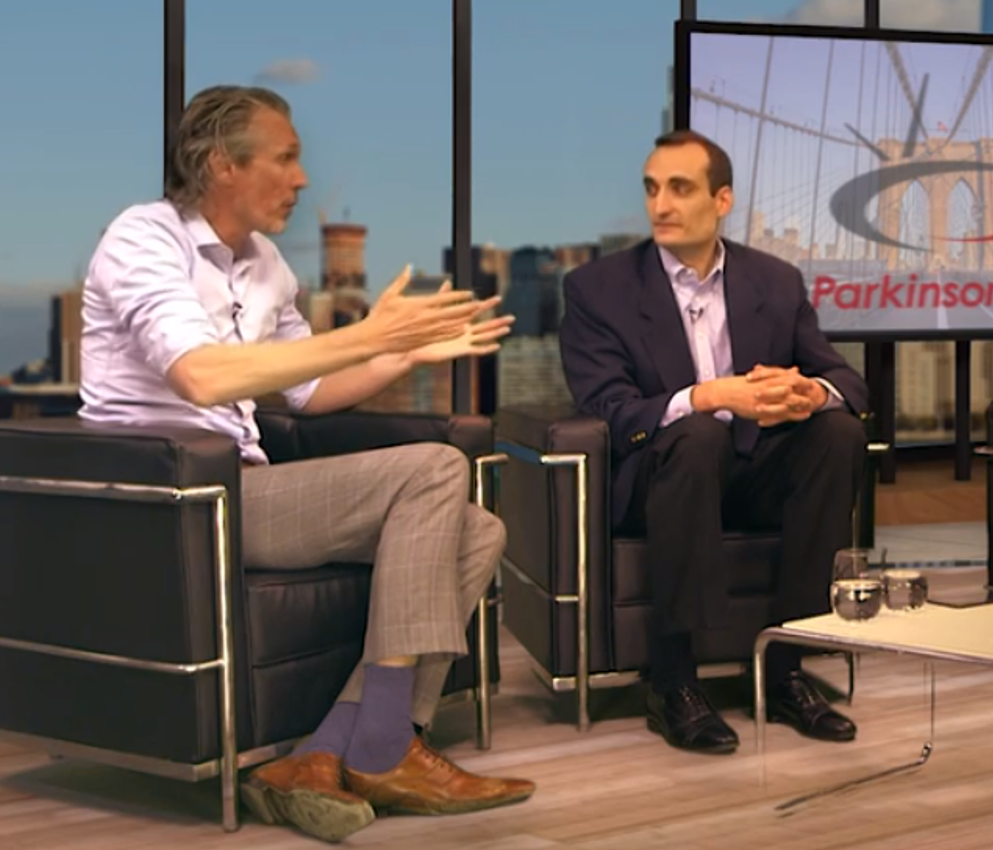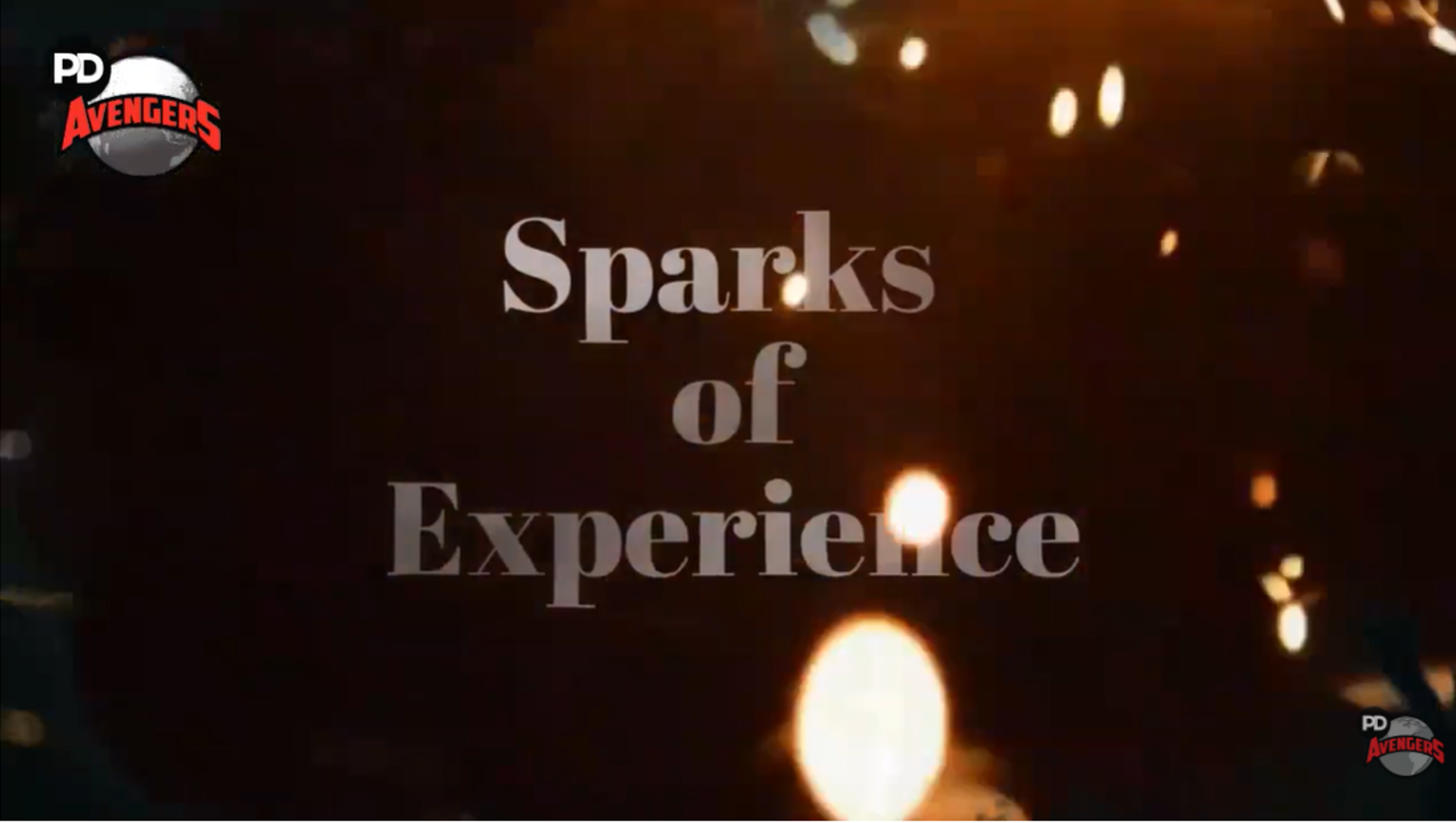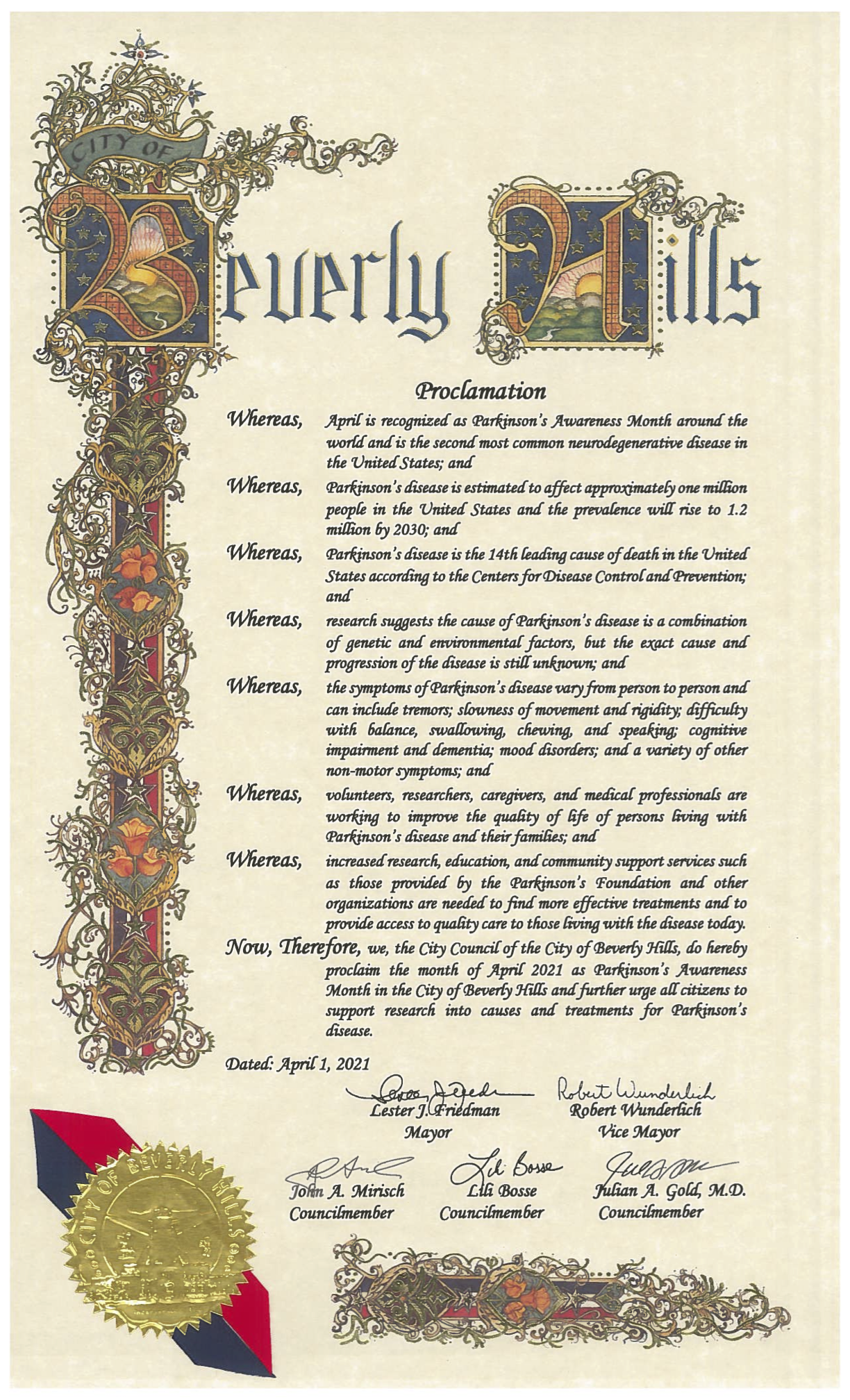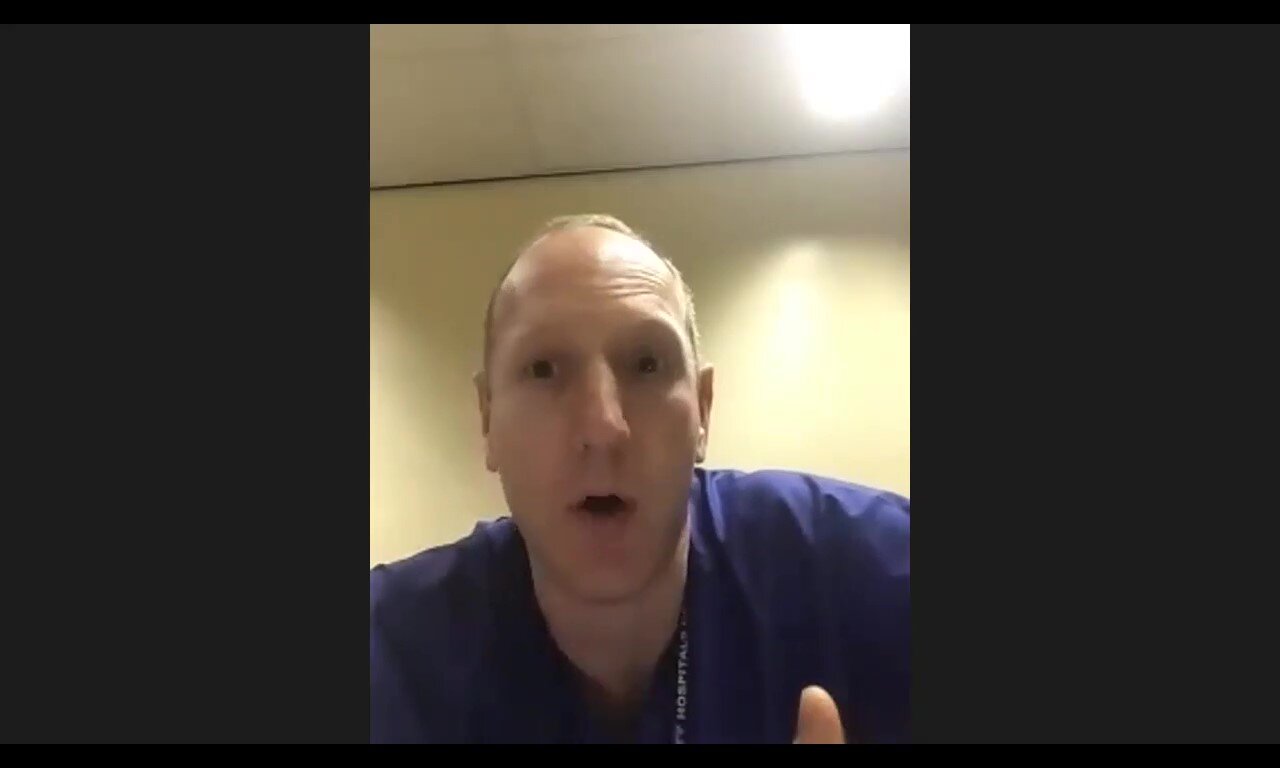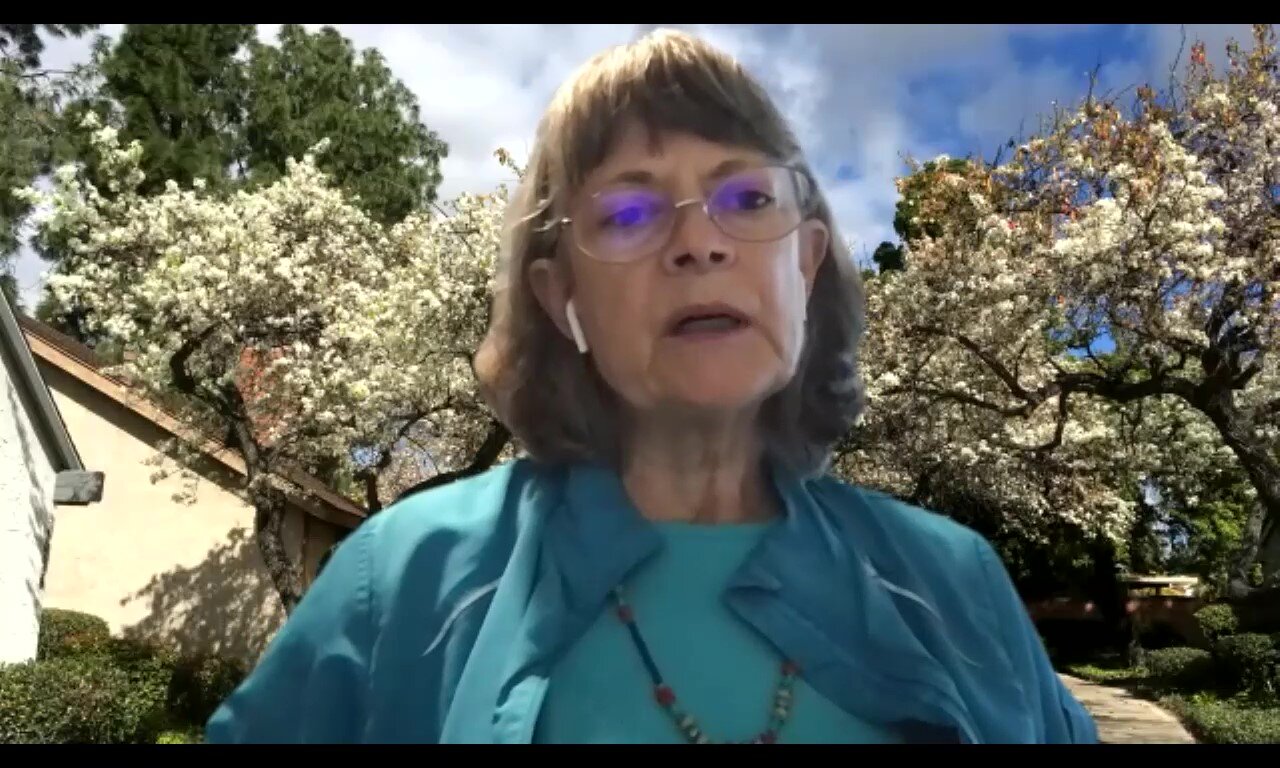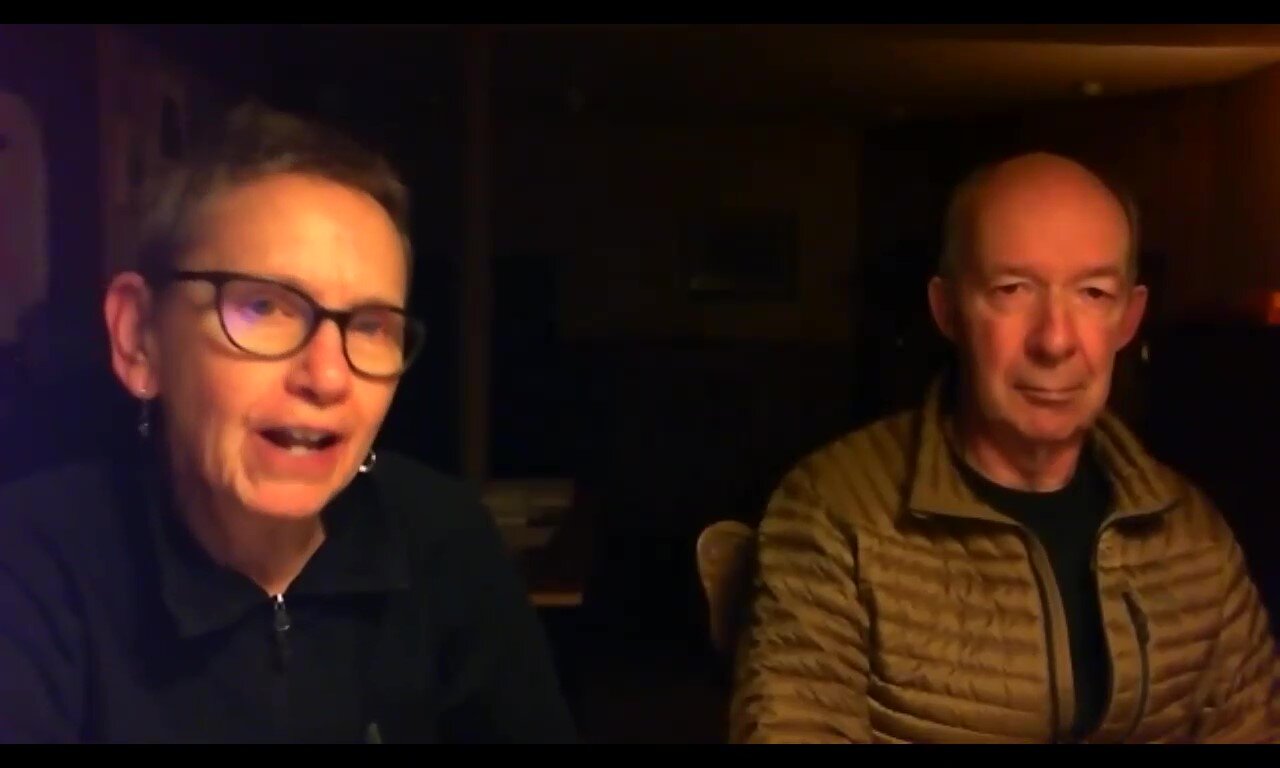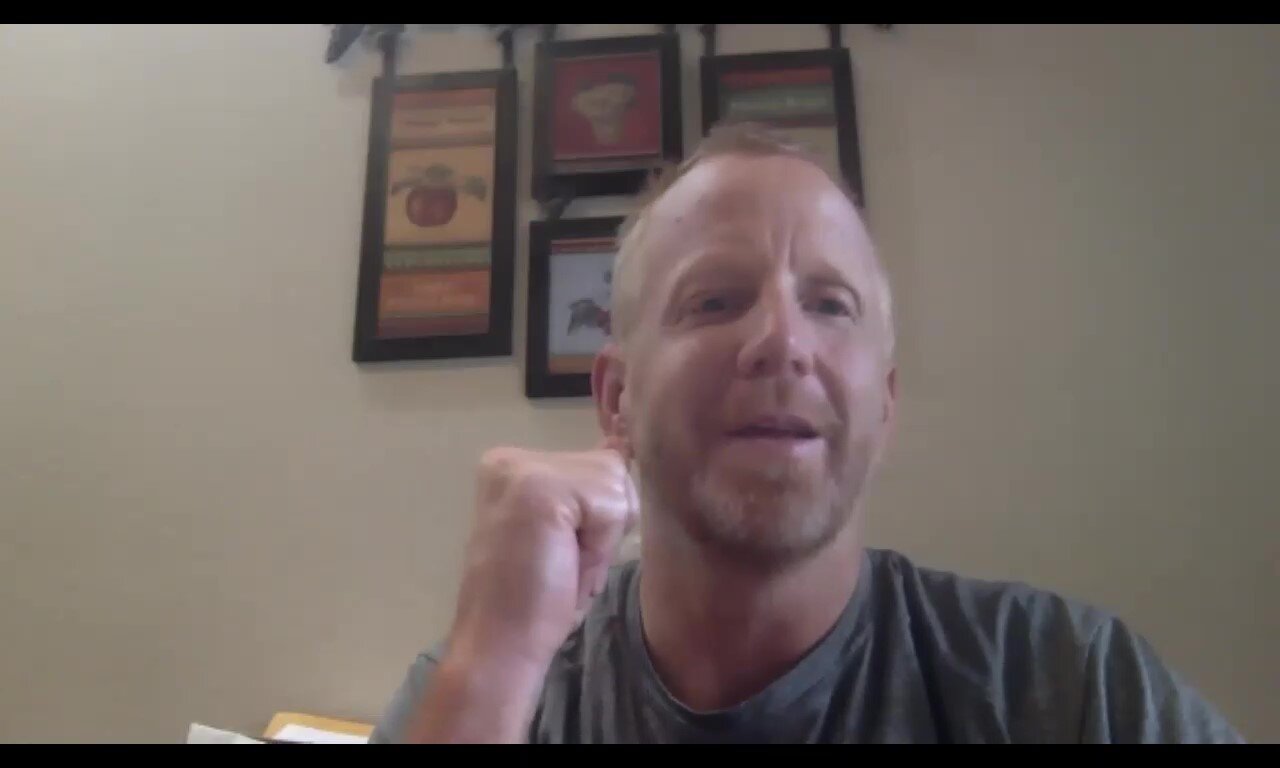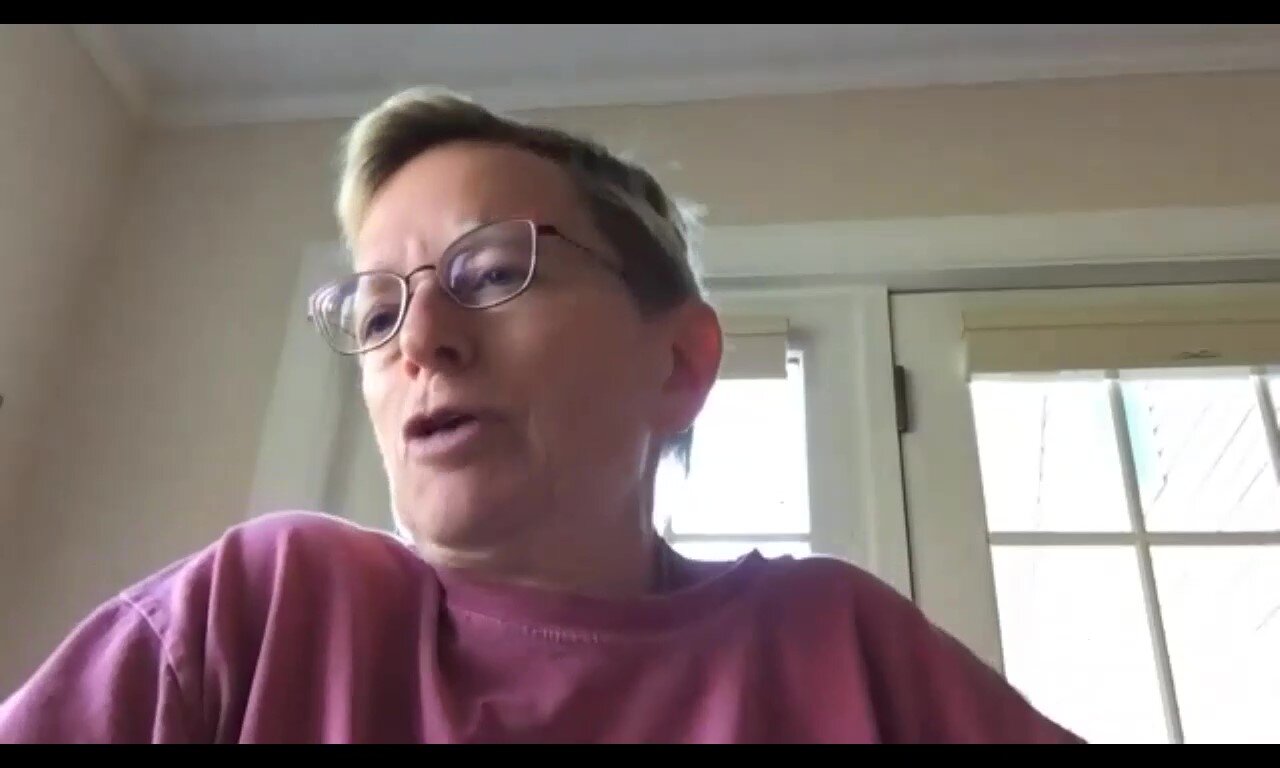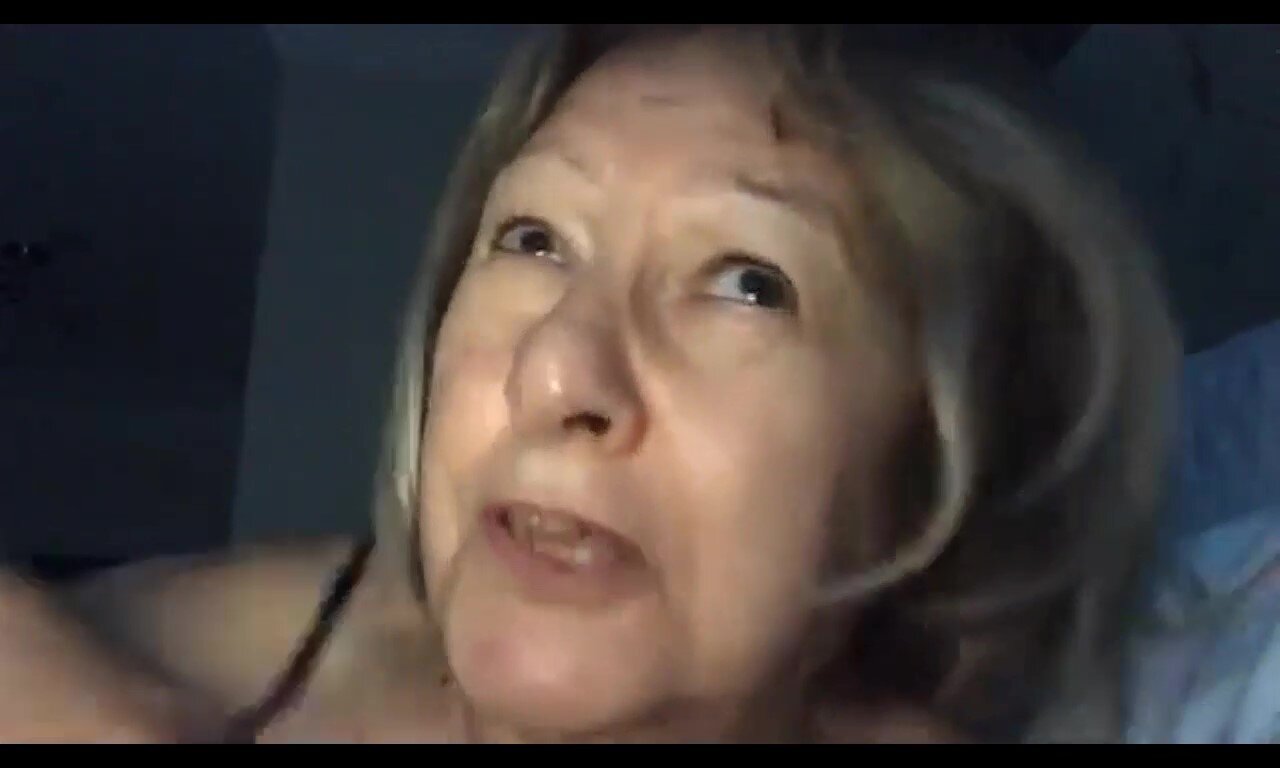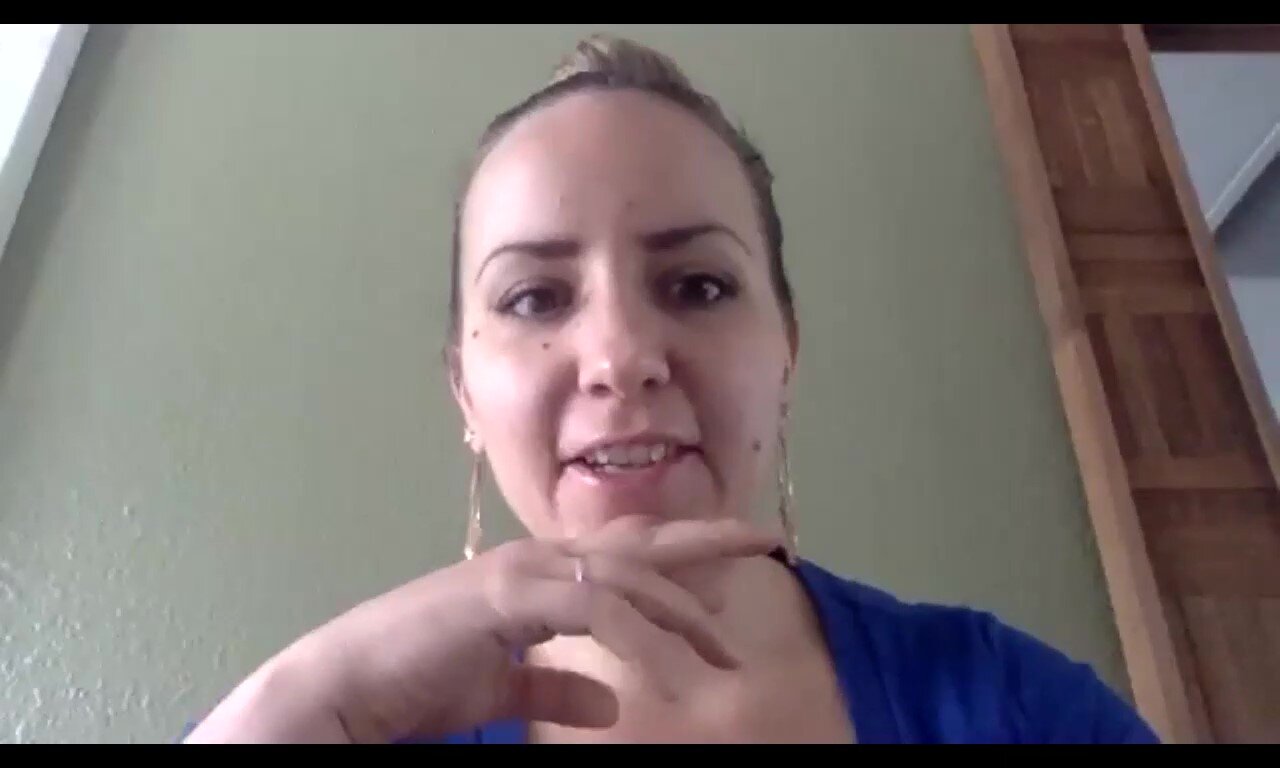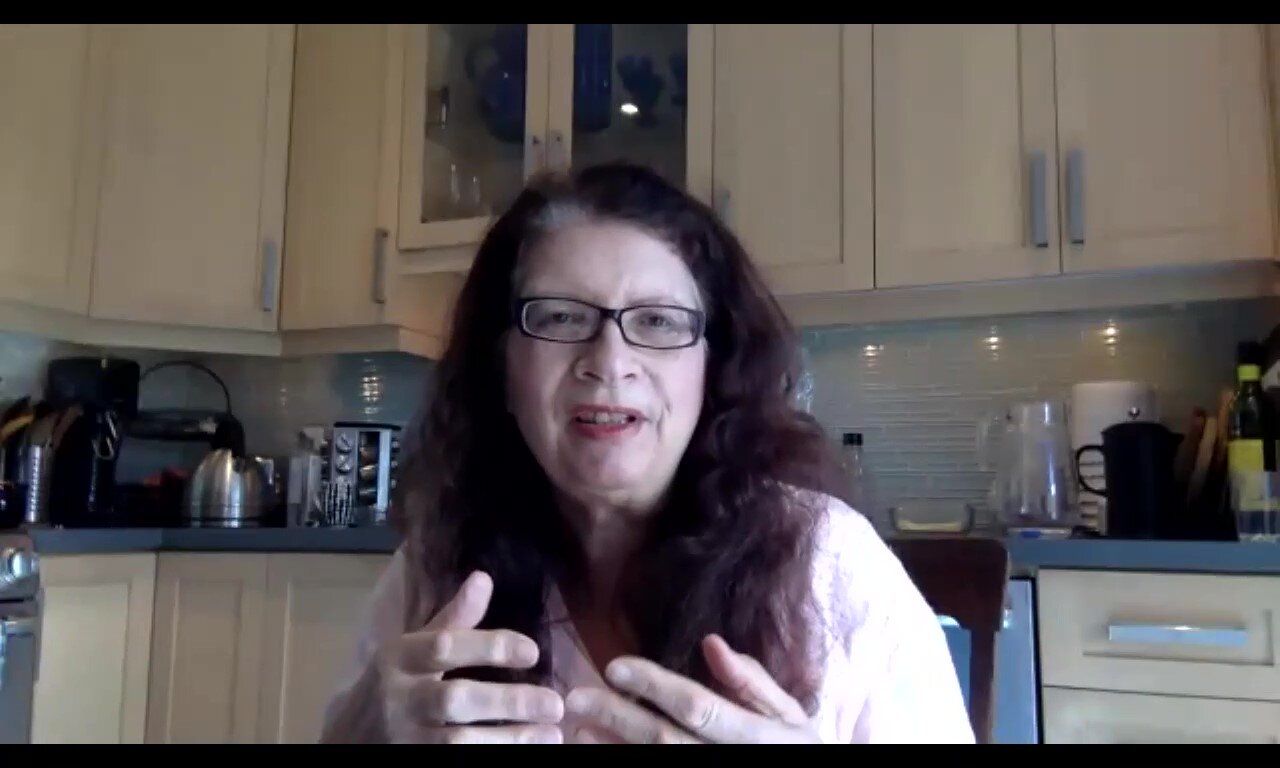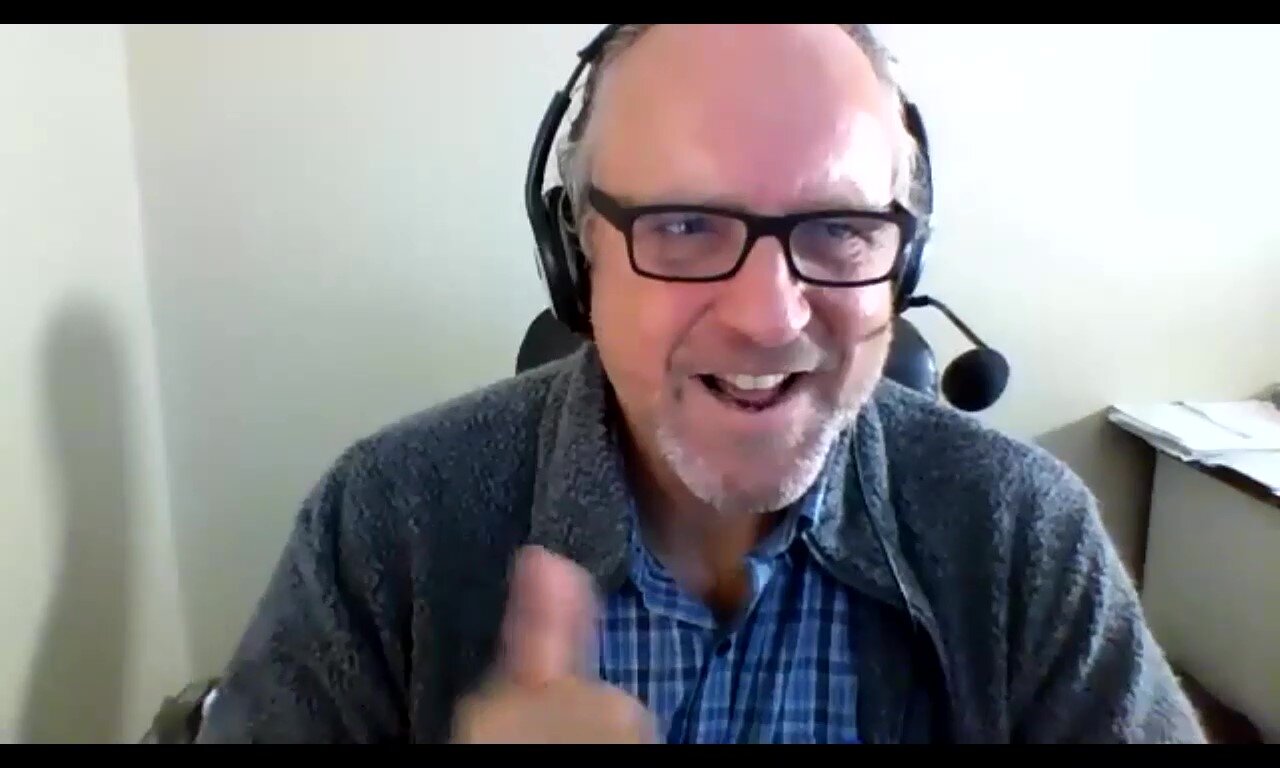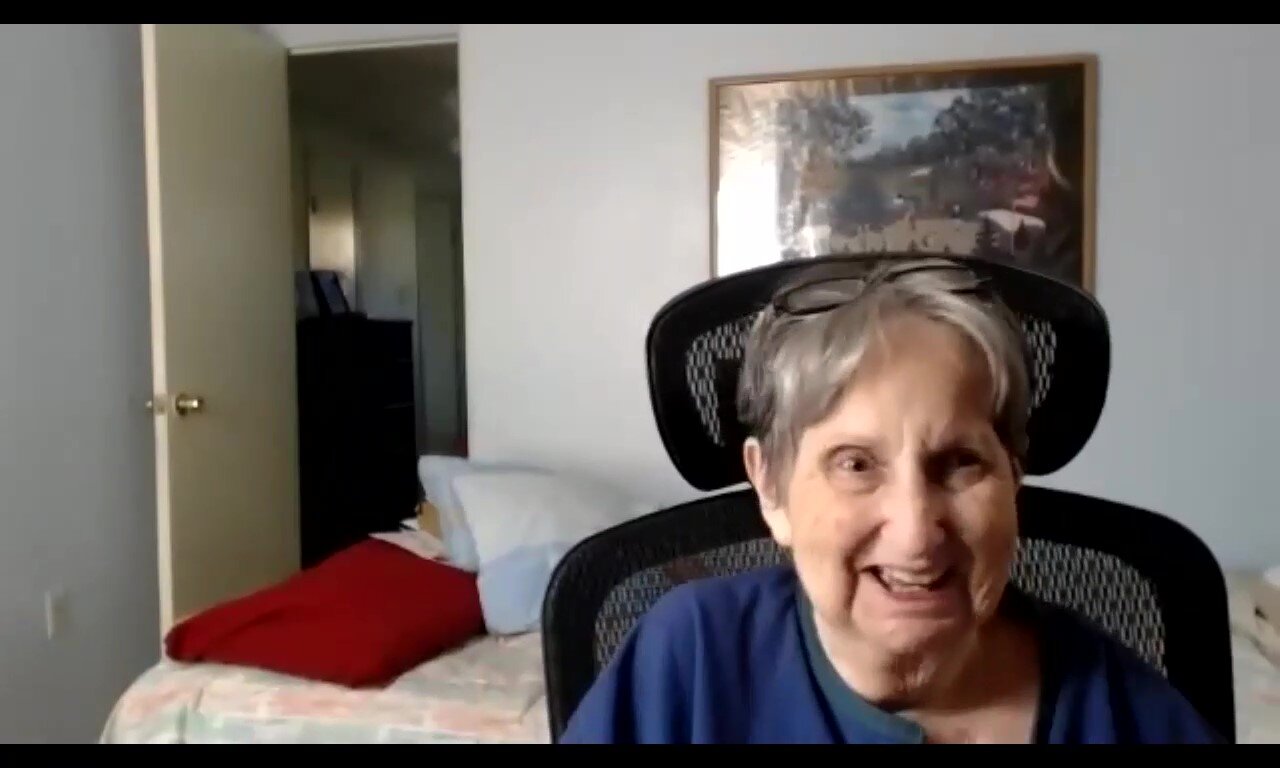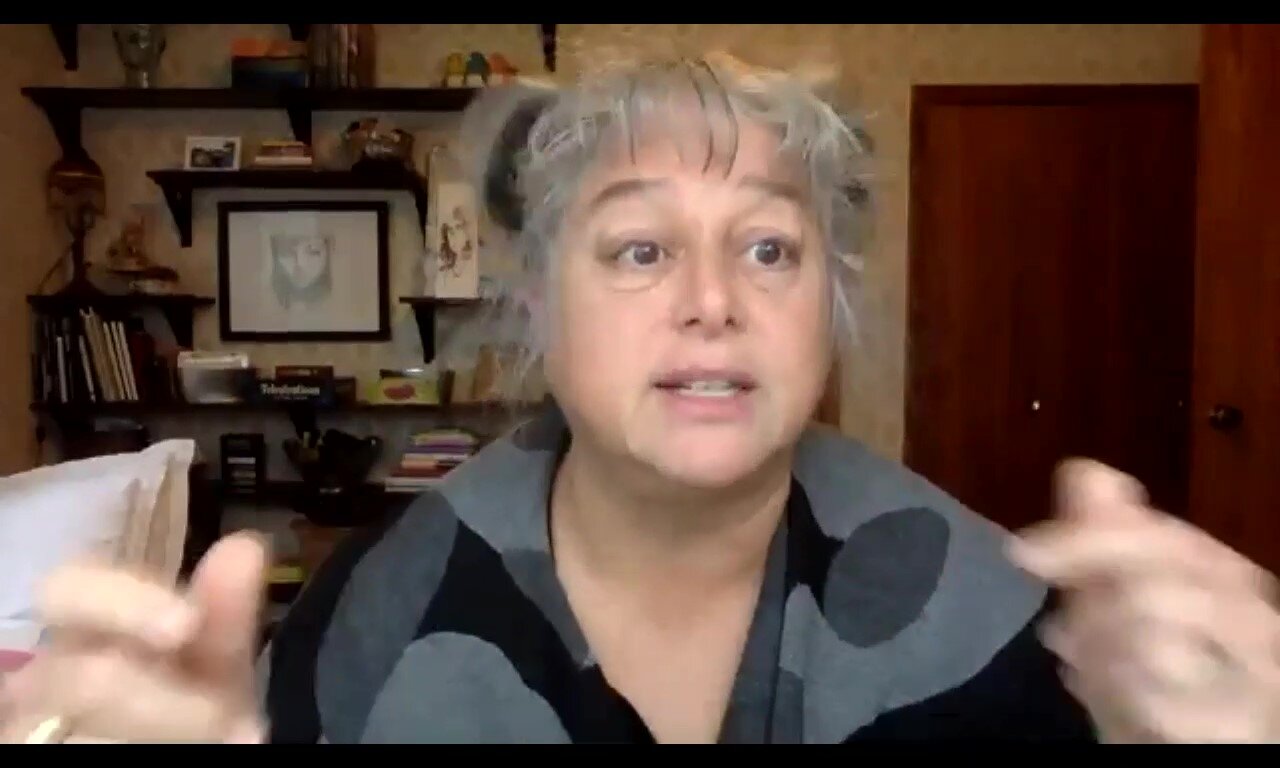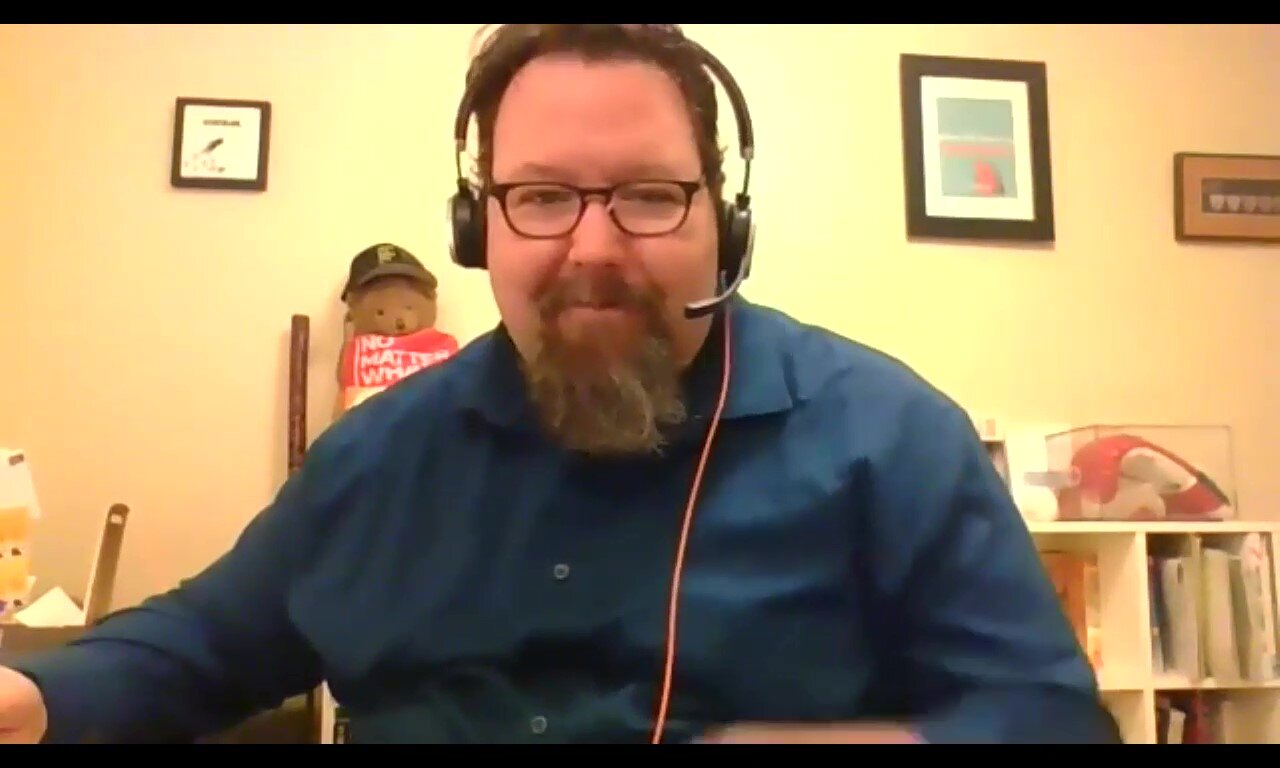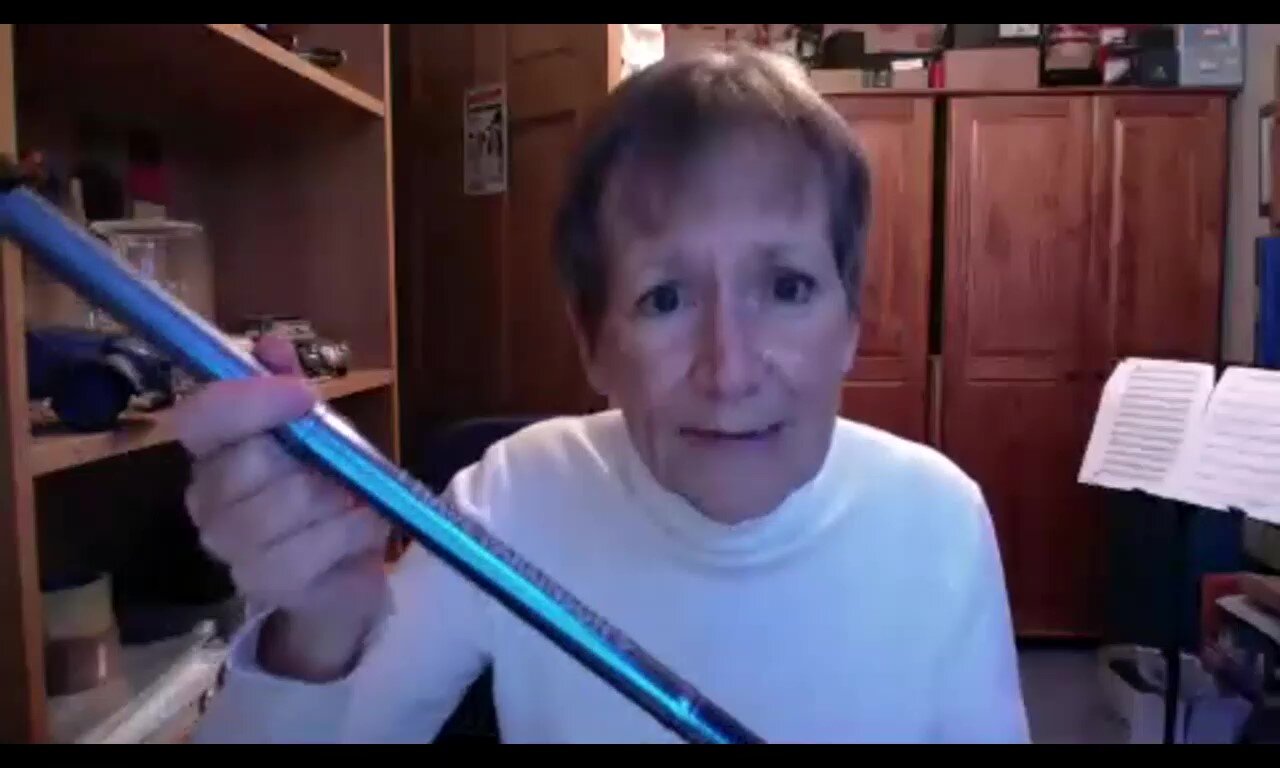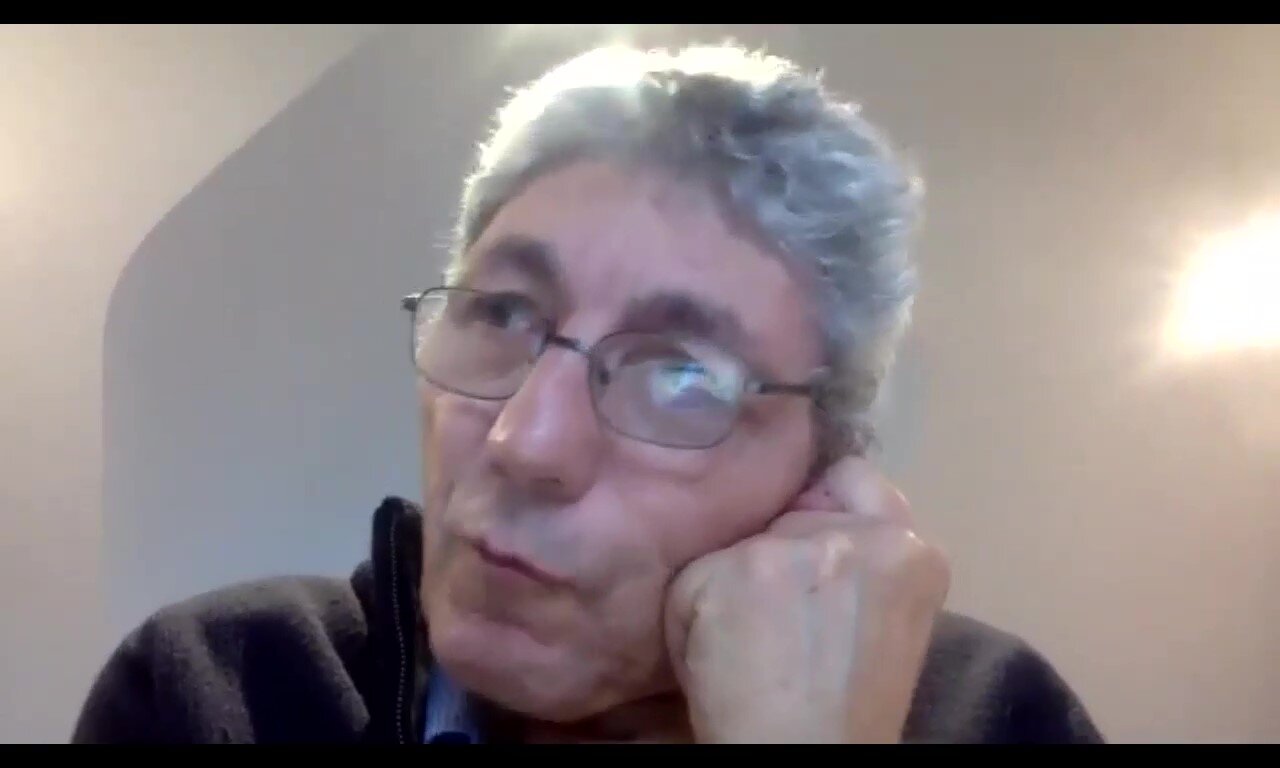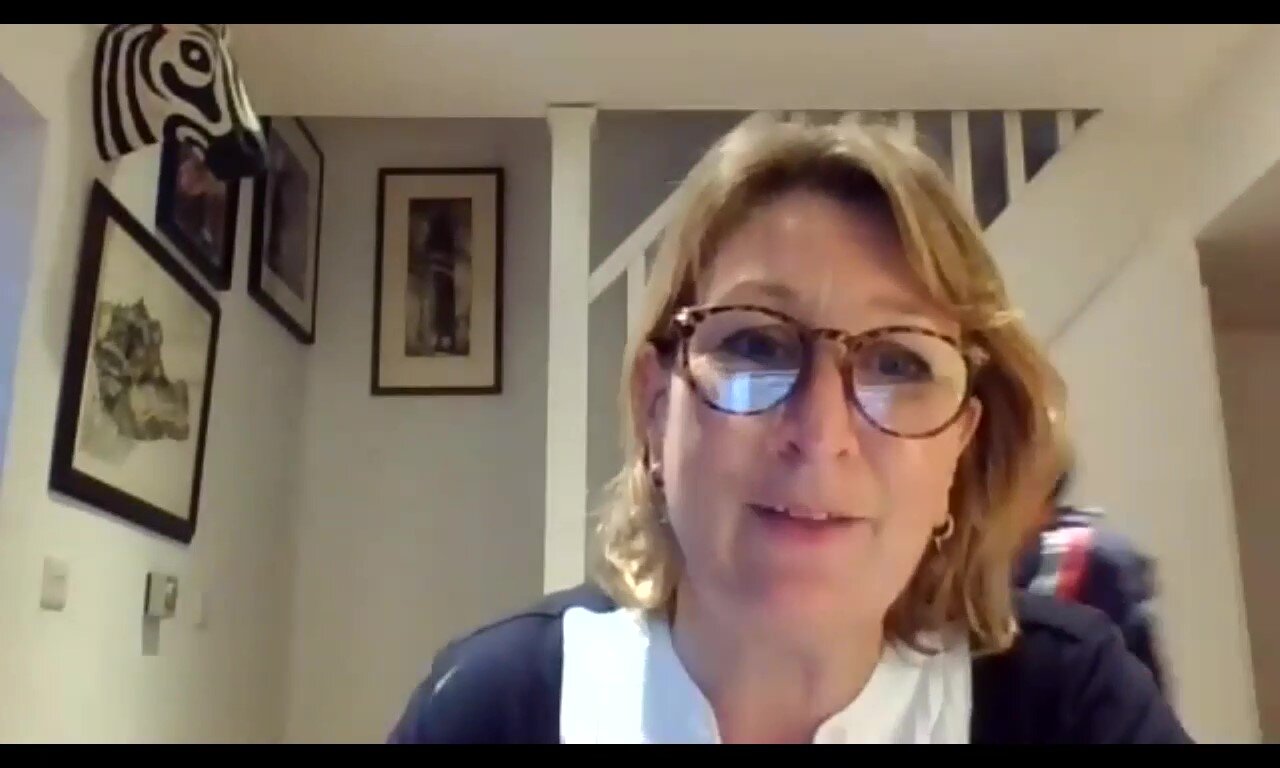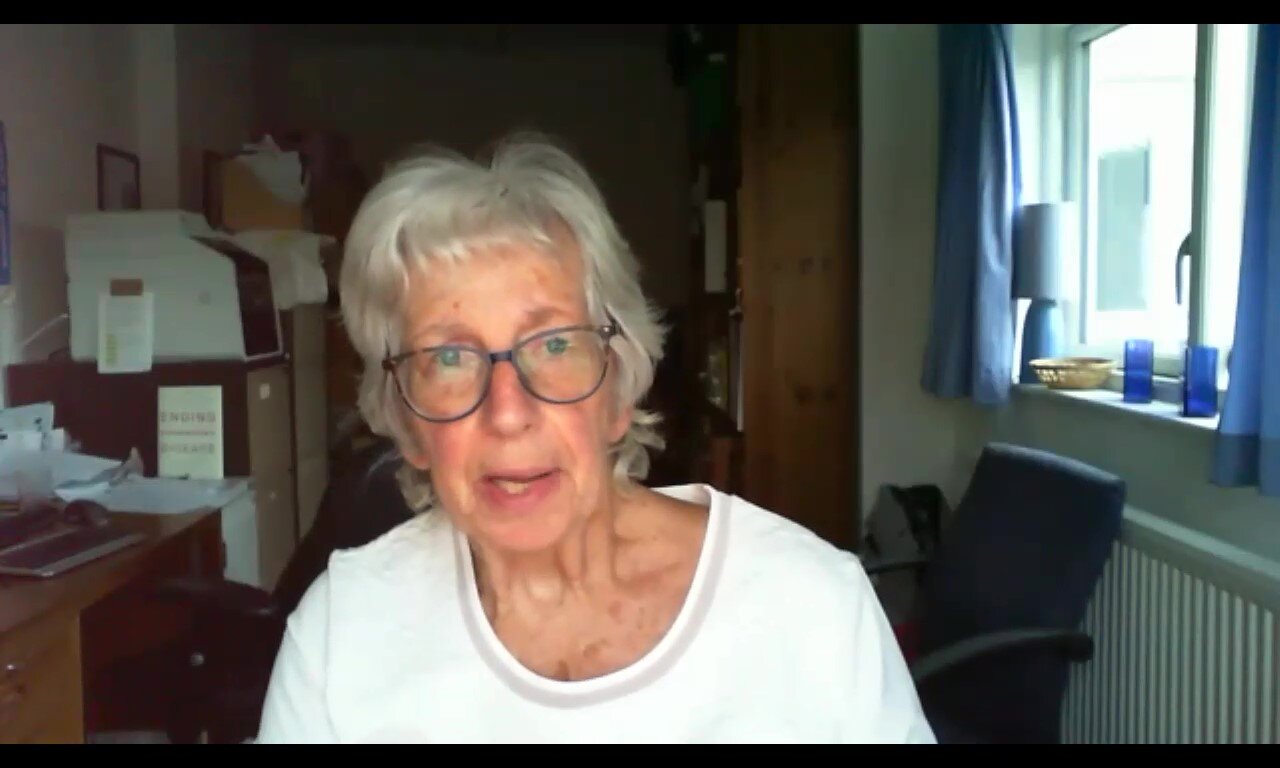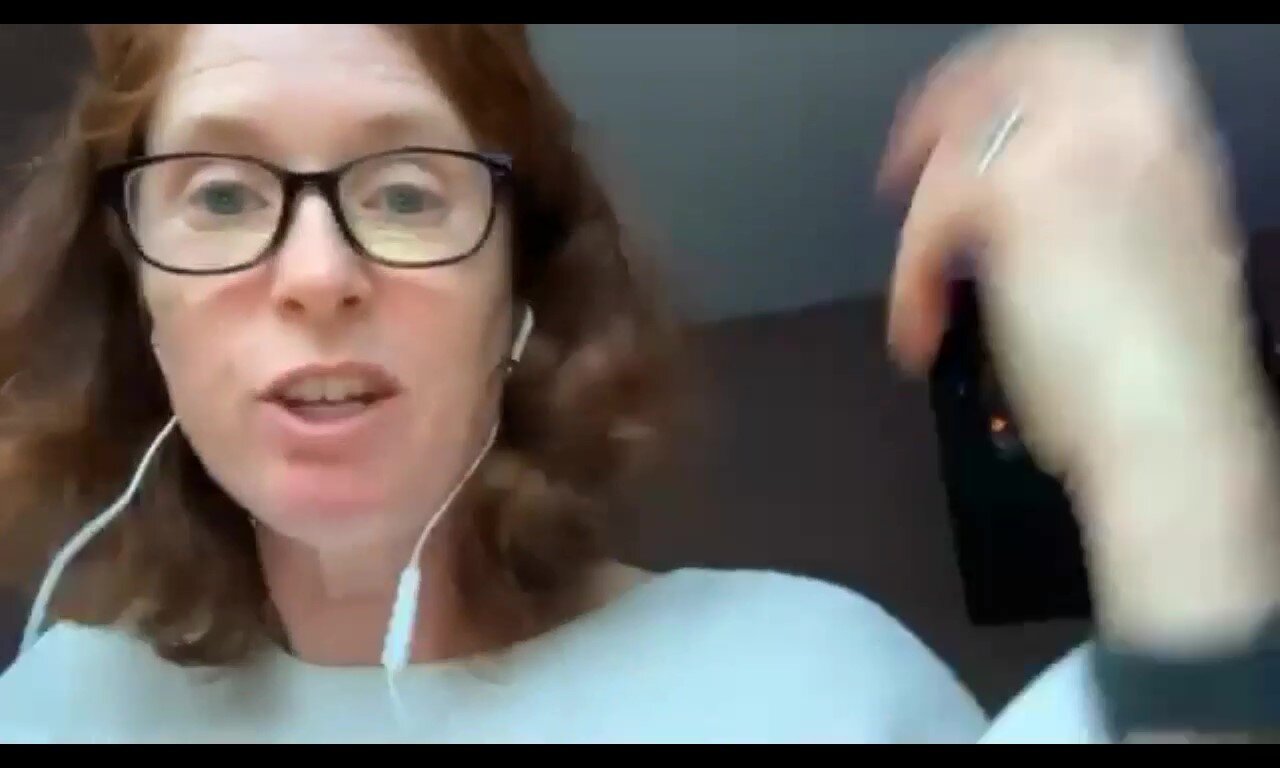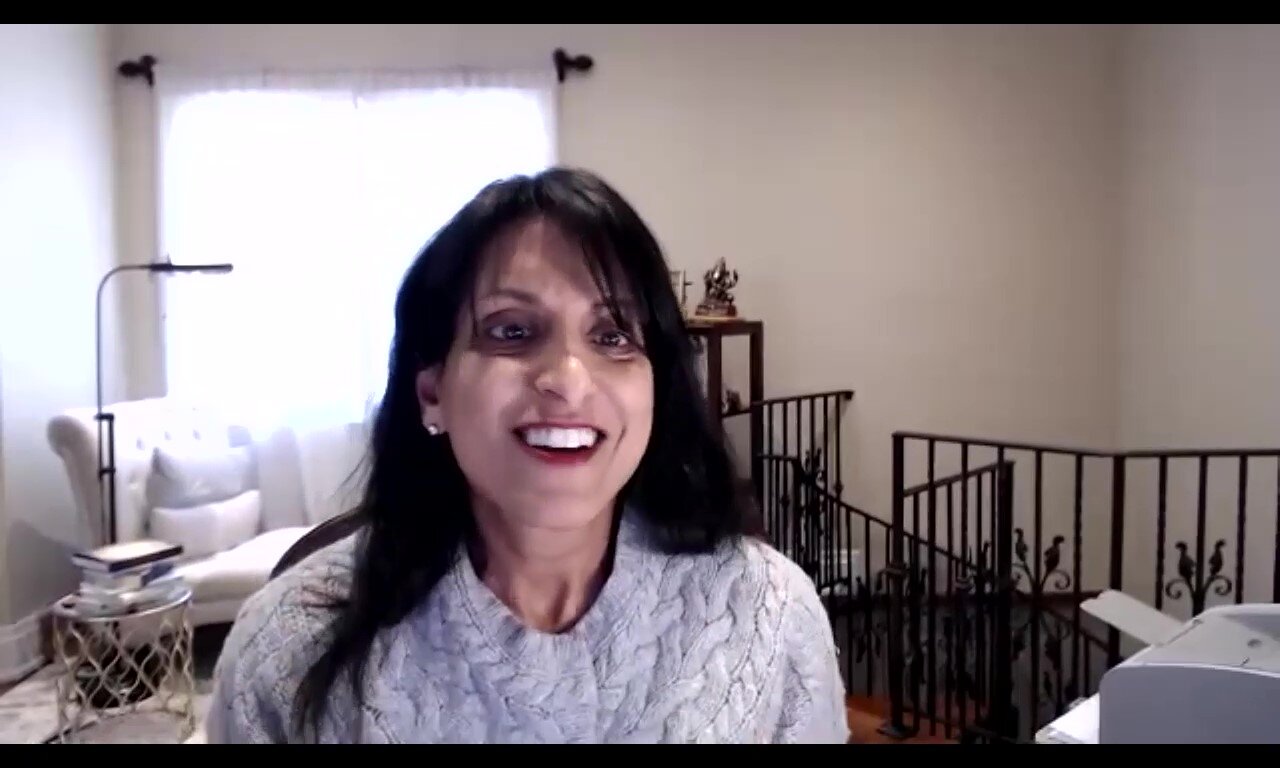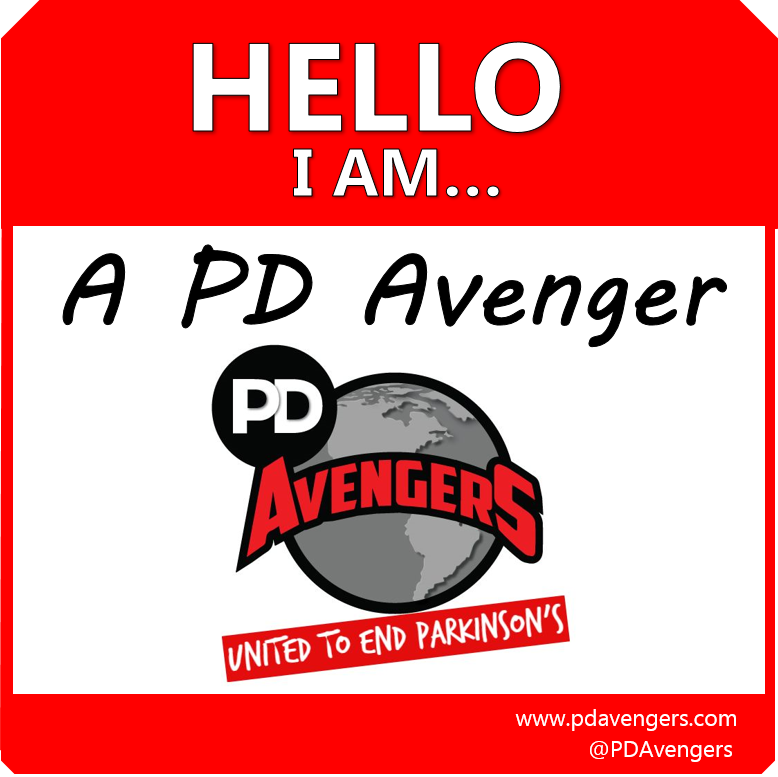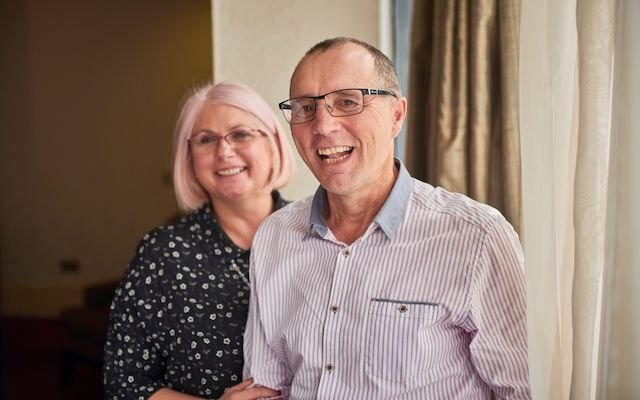British colonel with Parkinson’s disease heads to West Africa to help battle the stigma of PD.
I’m Guy Deacon, a retired British Army Colonel on a mission to raise awareness about the realities of living with Parkinson’s disease both in the UK and Africa. I have already driven over five thousand miles from England to Sierra Leone crossing the snowy passes of the Atlas Mountains, the deserts of the Western Sahara and the sahel of Senegal to demonstrate that having Parkinson’s disease need not dominate my life. The challenge was significantly greater than I had foreseen but nothing compared to what is to come.
Documentary - A British colonel’s solo voyage across Africa, fighting Parkinson’s stigma
By Guy Deacon C.B.E.
The world needs to be more aware of the devastating effects Parkinson’s disease has on an individual’s entire being. And, we must fight the stigma’s associated with Parkinson’s disease and its symptoms. This documentary will achieve both.
I’m Guy Deacon, a retired British Army Colonel on a mission to raise awareness about the realities of living with Parkinson’s disease both in the UK and Africa. I have already driven over five thousand miles from England to Sierra Leone crossing the snowy passes of the Atlas Mountains, the deserts of the Western Sahara and the sahel of Senegal to demonstrate that having Parkinson’s disease need not dominate my life. The challenge was significantly greater than I had foreseen but nothing compared to what is to come.
I was evacuated from Sierra Leone in April 2020 following the outbreak of COVID-19. So, I have lost two years, but this just makes me more determined than ever to complete the next seven thousand miles to South Africa. Since I was diagnosed with Parkinson’s in 2011 every aspect of life has become slowly but inexorably more difficult. There will be a time in the future when I can no longer drive and I will become dependent on others, but that time is not yet and I will not let Parkinson’s disease stop me from living a full life.
“The worst thing about Parkinson’s isn’t the physical side. The physical side is really boring. But, it is the affect it has on your desire to be with other people and to enjoy life. And it destroys that. It undermines your confidence and you think of yourself as being unworthy of people’s attention and care. It undermines your self esteem. I hate that about it.”
Three things this documentary will highlight
1) The mental and physical toll that Parkinson’s disease takes upon an individual’s body and mind, as I overcome the physical and mental challenges on this gruelling journey.
2) The challenges faced by those in Africa living with Parkinson’s disease, many of whom are stigmatised by the disease’s symptoms and alienated by society. But it will also give voice to the wonderful work being done by those dedicated health workers who are addressing the condition, in the most difficult environments and hard to reach places. During my journey I’ll be highlighting the work of the African charities who support those living with Parkinson’s with limited access to help.
3) Countries which are little known to a western audience, all of which possess stunning scenery, spectacular ecosystems and fascinating histories.
Face-to-Face with Parkinson’s Disease
December 27, 2021
Written by PD Avenger Miriam Bram, New York, NY, USA
I attended the Face-to-Face Parkinson’s Town Hall event in Manhattan in December. This is the first Parkinson’s event organized by Mediflix, a streaming video health platform providing information to those living with a chronic illness. It was also my first in-person indoor Parkinson’s gathering in two years. Masks on, my 18 year-old daughter and I entered the Times Square venue and joined the group in an auditorium The turnout was rather small, given the recent surge in Covid-19 cases due to the Omicron variant.
The presentation came in theatrical form. Leading Parkinson’s neurologist, Professor Bas Bloem, MD was beamed in from the Netherlands to welcome the audience to an evening of education and access to top Movement Disorder Specialists (MDS) including Mathew Stern MD, Nabila Dahodwala, MD, MS, Ashley Rawls, MD, Ray Dorsey, MD and Michael Okun, MD.
The program opens with a young man standing under a spotlight on stage engaged in a mock phone conversation with Dr. Michael Okun, who appears on screen. He is expressing concern about his mother’s symptoms and the doctor is encouraging him to bring her in to be evaluated. The lights go dark for a brief moment before they reveal the five neurologists at center stage. They are sitting around a table and begin an open and frank dialogue about how they approach patient care. They all agreed that no physician has the same style.
These are a few of the topics they covered:
MEDICATION
Not surprisingly, they led with medication, noting that patients can sometimes be afraid to start medications. The benefit of starting medications, include an improvement in quality of life and the ability to continue the life they have been living. Looking beyond the motor symptoms, medication is highly important to consider for non-motor symptoms like treating anxiety and depression.
EXERCISE
Exercise, as expected is also at the top of the list. Doing 30 minutes of cardio a day and a varied exercise routine they said is known to be the most effective treatment for slowing progression. Consensus was to tell the patient to do the physical activities that they love and schedule it so they can actually be successful.
PROGNOSIS
The most often-asked question from newly diagnosed, according to the group, is “how many good years do I have left?” Of course, there is no way to give an exact answer. Every Parkinson’s patient has their own individual course of progression. It is a delicate subject and the clinicians want to balance encouragement with realistic expectations. Dr. Stern identified that mood was a predictor of long-term wellness. In his practice, patients most likely to have a slower progression were those that showed a positive mindset.
NUTRITION
Nutrition - the Mediterranean diet was most recommended. Eat lots of fruits and vegetable and wash them thoroughly.
PLASTICITY
Brain plasticity-the group noted that creating new neural pathways is critical to a patient maintaining cognitive and movement skills. They suggested learning new things, both mentally and physically to keep the brain active.
They wrapped up the round table discussion by taking turns standing in the spotlight with a few minutes to recap one topic, i.e. cognitive decline, exercise, participation in research, among others.
A short video is shown of a person with Parkinson’s named Gina who is highlighted on the Mediflix website. She does a road trip to educate herself about courses of treatment like DBS and has a conversation with Dr. Stern.
Q&A
The last act was a Q&A with the clinicians and a group of professionals in varied modalities serving the Parkinson’s community. One Interesting question from the audience to the neurologists was “What would you do if you were diagnosed with Parkinson’s?” Bas Bloem said he would create a multi-disciplinarian team including the MDS, caregiver, support group, community and others, such as psychologist and physical therapist. He noted the importance of having the right medication, positive outlook, exercise, participating in research and advocacy.
I recommend that as a PD Avenger, you check out the Mediflix website as a resource for information on Parkinson’s and inquire as to the plan for holding events in other cities. They are a good forum for connecting with your local community. To see the recording of this event, check www.mediflix.com in early 2022.
Your Experience, Our Inspiration
What do you ponder about which may just be the inspiration needed? No matter how quirky, off the radar or even boring and obvious it may seem to you, please send us a couple of paragraphs to let us know. We’ll collate the list, see if there are common threads and make sure that researchers and funders around the world get a copy.
Who knows where your simple ponderings may lead?
By Eirwen Malin, Research Committee
Please send us your thoughts on your experiences with Parkinson’s. No one knows your condition better than you.
Sir Alexander Fleming accidentally discovered penicillin in 1928 while experimenting with influenza. Fame Images.
The research committee of PD Avengers needs your help to develop Sparks of Experience. We all know stories of important scientific moments, like Fleming’s discovery of penicillin. It may appear to have been accidental and leaving the petri dish on the window sill may not have been planned, but it was no accident that Fleming’s curious mind made a breakthrough. We believe that there are curious minds that will set new directions to work towards a cure or novel treatments for Parkinson’s and some of them may be PD Avengers. We are not talking about researchers now, but about those who endure the condition and those who are close to them, so we are asking for your help.
Living with this pesky and perplexing condition demands a great deal of self awareness and self education and many people living with Parkinson’s (PLwP) give a lot of thought to their experiences. You may think to yourself “I wonder why my symptoms are worse in the winter?”, or “How would it be different if I were left-handed?” or “Why is it I am always at my best when I go to see the consultant?” When you try to find the answers you think “Why isn’t anyone researching this?!”
We want to collect these sort of thoughts from around the globe and highlight them to researchers and funders. Your experiences could provide the inspiration for a new direction for research and that so far elusive key to unlocking the mystery of Parkinson’s.
There are already good, well known examples of inspiration in the Parkinson’s world including an observation by a patient back in 1969 who noticed that her Parkinson’s symptoms improved while she was taking the prophylactic Influenza drug Amantadine. The drug was redeveloped as a Parkinson’s treatment.
Joy Milne can smell Parkinson’s. Listen to her story on this podcast.
More recently we heard about PD Avenger Joy Milne, with a sensitive nose, and how she noticed a change in the way her husband smelled long before his PD diagnosis. She brought it to the attention of a researcher and the resulting projects have provided exciting developments.
What do you ponder about which may just be the inspiration needed? No matter how quirky, off the radar or even boring and obvious it may seem to you, please send us a couple of paragraphs to let us know. We’ll collate the list, see if there are common threads and make sure that researchers and funders around the world get a copy.
Who knows where your simple ponderings may lead? Please send us your thoughts on your experience. No one know your condition better than you.
email: sparksofexperience@gmail.com
Help Inspire the World Parkinson’s Day Logo
You can help inspire a logo for World Parkinson’s Day which will be used around the world.
World Parkinson’s Day is April 11th.
In 2022 and beyond, The PD Avengers, The EPDA and more than 50 partners worldwide will be taking a “Think Global, Act Local” approach, uniting us all with a singular, universal logo for World Parkinson’s Day.
We want you to help inspire this logo by sharing with us your original art, music, writing, photography, or anything else you that would help provide inspiration for this logo. Deadline is October 25, 2021
This is not a contest.
We are not looking for you to submit a finalized logo.
We expect the final logo design will be inspired by multiple pieces. We would be grateful if all contributors would consider donating their inspiration to the PD Avengers World Parkinson’s Day campaign for us to use with attribution to help highlight the April campaign.
PD Avengers TAKEOVER
PD Avenger co-founders Soania Mathur, Tim Hague and Larry Gifford staged a PD Avengers Takeover of the Michael J. Fox Foundation podcast two months in a row. MJFF kindly donated the platform for the PD Avengers to introduce the podcast audience to other partner organizations in North America and Europe.
The first episode features:
Dr. Joerg Karenfort and Dr. Cathy Molohan of the YUVEDO Foundation
Helen Matthews, Deputy CEO at Cure Parkinson’s
Debi Brooks, Co-founder and CEO at The Michael J. Fox Foundation
The second episode features:
Jenna Deidel, Director of Programs and Outreach of Davis Phinney Foundation
Katrina Kahl, Executive Director of the Brian Grant Foundation
Josefa Domingos, Board Member of the European Parkinson’s Disease Association
John Lehr, President and CEO of Parkinson’s Foundation
Dr. Karen Lee, CEO of Parkinson Canada
Paul Jackson-Clark, Director of Engagement of Parkinson’s UK
PD Avengers Championing ‘Women and PD’
The International Women’s Day 2021 theme this year was about #ChooseToChallenge . With the sentiment “from challenge comes change”, one of the PD Avengers founding members, Richelle Flanagan, chose to challenge and call out gender bias inequality for women with PD. She did this through an interview with one of the co-founders of the Women’s Brain Project, Dr Maria Teresa Ferretti, which is an organisation championing women’s brain health. As part of the webinar, Richelle set up a PD Avengers survey of women with PD and the effect of hormones on their symptoms. The results of the of the initial 20 respondents were so interesting that the PD Avengers Wellness Committee decided to disseminate the survey more widely to see if the results were correct. To date the survey has almost 200 responses, including a Hispanic survey.
The survey results identify an unmet need for better treatment of women Parkinson’s symptoms in relation to hormonal changes.
The results showed that 74% of women experience worsening of their symptoms around menstruation with rigidity, bradykinesia and dystonia being the worst affected motor symptoms (Figure 1). Whilst fatigue, anxiety and depression being the worst affected non- motor symptoms (figure 2).
Figure 1 PD Motor symptoms affected by menstruation.
Figure 2 PD Non-Motor symptoms affected by menstruation.
Interestingly, the Hispanic survey showed that the most affected non-motor symptoms were fatigue, pain, apathy, and anxiety.
86% of respondents reported that their symptoms got worse in the week prior to their menstrual bleed. This is linked to a drop in oestrogen levels in the week prior to menstruation. The drop in oestrogen affects the production of dopamine which can lead to worsening of PD symptoms.
65% of women who are perimenopausal reported that their symptoms fluctuate randomly and are more difficult to control. While 61% of women who have gone through the menopause report that their symptoms remained the same, 17% reported improvement in symptoms and 22% said they were worse.
21% of the non-Hispanic respondents reported having received HRT, whilst only 5% of Hispanic respondents reported having received HRT. Of the respondents who reported taking HRT, 46% reported an improvement in their PD symptoms whilst 27% reported worsening of symptoms and similarly 27% reported no change in symptoms. Of the women who reported receiving HRT, 78% said they received it during perimenopause.
Finally, 87% of women said that their neurologist had never discussed the effect of hormones on their PD symptoms; 96% said their neurologist never adjusted PD medication around their cycles; 95% said their neurologist never suggested HRT and 90% never discussed the effects of perimenopause or menopause on their PD (Figure 3).
Figure 3 Neurologists engagement around hormones effect on PD
This survey led the Wellness committee of the PD Avengers to organise two webinars, one European and one American to discuss panel of experts the result and debate what needs to be done for women with PD.
This survey led the Wellness committee of the PD Avengers to organise two webinars, one European and one American to discuss the survey results with a panel of experts and to discuss what needs to be done for women with PD.
These survey results corroborated many of the discussions by women with PD in various support groups both online and off-line about the effect of hormones on their PD. This survey led the Wellness committee of the PD Avengers to organise two webinars, one European and one American to discuss panel of experts the result and debate what needs to be done for women with PD.
The first webinar, hosted by the Cure Parkinson’s Trust, included the following panellists:
Professor Elena Moro, MD, PhD, Professor of Neurology at the faculty of medicine of the Grenoble Alpes University in Grenoble, France, and Co-chair of EAN Task Force on Gender and Diversity issues in Neurology.
Dr Maria Teresa Ferretti, PhD, Co-founder and Chief Scientific Officer, Women's Brain Project, Switzerland
Louise Ebenezer, Parkinson’s disease Clinical Nurse Specialist, ABM University Health Board, Bridgend, UK
Dr Cathy Molohan, PD Advocate, WPC Ambassador, PD Avenger, Director International Relations of Yuvedo, Germany
Dr Annelien Oosterbaan, MD/PhD, PD Advocate, Gynaecologist, The Erasmus University Medical Center, Rotterdam, Netherlands
Richelle Flanagan, Dietitian, PD Advocate, WPC Ambassador, PD Avengers Founding Member, Co-founder Women’s Parkinson’s Project, Ireland.
The webinar can be watched back here: https://cureparkinsons.org.uk/2021/04/pdavengers-webinar/
The second webinar was hosted by our partner the PMD Alliance with the following panellists:
The second webinar was hosted by our partner the PMD Alliance with the following panellists:
Dr Roberta Marongiu, Assistant Professor of Neuroscience in Neurological Surgery, Weill Cornell Brain & Spine Unit.
Dr Maria De León, Retired Movement disorder specialist, PD Advocate, and well-known author of Parkinson’s Diva.
Dr Indu Subramanian, MDS Parkinson’s Center of Excellence at the West Los Angeles Veteran’s Hospital and UCLA Hospital.
Kat Hill. RN, MSN, NP, PD Advocate for WPC, Davis Phinney Foundation, PD Avengers, and co-founder of the Women’s Parkinson’s Project
Richelle Flanagan, RDN, MSc, PD Advocate, WPC Ambassador, PD Avengers Founding Member, and co-founder of the Women’s Parkinson’s Project.
The webinar can be watched back here: https://www.pmdalliance.org/portfolio/women-with-pd-addressing-needs-pursuing-breakthrough-treatments/
There were many items discussed by these panels with the following main themes:
The fact that some centres are using extra PD medication to reduce the impact of the drop in oestrogen around menstruation, whilst other centres are using hormone therapy such as the contraceptive pill. Albeit that both approaches seem to work for some women with PD, these approaches are not widely used and there is no consensus on the best approach.
The lack of awareness of neurologists of the impact of hormones on PD symptoms around menstruation, perimenopause, and post menopause.
The lack of clinical guidelines for the management of hormonal issues in PD.
The lack of clinical trials looking at hormonal issues in women with PD.
The use of diaries, in particular digital monitoring of hormonal fluctuations in relation to PD symptoms and the potential for digital biomarkers to help identify differences between the genders but also potentially differentiating prodromal symptoms between genders.
The need for women to speak up for themselves and to discuss the impact they believe hormones are having on their symptoms.
The lack of funding for research into women with PD and the need to collaborate across other neurological conditions that are similarly impacted by hormones e.g., MS, migraine.
Several action items were identified out of these webinars which the PD Avengers wish to take forward:
1. Development of expert opinion guidelines for the management of women’s PD symptoms around menstruation.
2. Need for all education of neurologists around hormonal impacts on PD symptoms.
3. Need for clinical trials to give more robust evidence for the better use of PD medication and hormonal medication for the management of PD symptoms in women.
4. Development of a research paper based upon the PD Avengers survey results and the webinar discussions.
5. Collaboration across different centres on the development of research surveys of women with PD.
6. Development of advocacy information about women, PD, and hormones for women to discuss with their medical providers.
7. Call to action women with PD to work together to raise awareness of the unmet medical needs of women living with PD.
8. Call to action by the PD Avengers to raise awareness of the need for increased funding into research for women and PD.
9. The need for a ‘Women with PD’ taskforce to call for action to improve the lives of women living with PD.
The surveys are still available if women with PD would like to complete them:
Non - Hispanic https://www.surveymonkey.com/r/PDWomenHormones
Hispanic https://www.surveymonkey.com/r/mujeryparkinsons
Please sign up for the PD Avengers https://www.pdavengers.com/become-a-pd-avenger to be kept up to date with our actions for Women with PD including sharing research surveys, research results, further webinars, and any other information relevant to women with PD.
Beverly Hills, California Issues Proclamation for Parkinson’s Awareness
PD Avenger Sharon Krischer has secured a proclamation from the Mayor and CIty Council of Beverly Hills, California. Sharon is the author of the “Twitchy Woman” blog, a member the California Chapter Advisory Board, Parkinson's Foundation, and a fierce advocate for Women and Parkinson’s Disease.
Texas Governor Issues Proclamation for Parkinson’s Awareness Month
PD Avenger Marcie Salamone, Dallas Area Parkinson Society and a Director on the Board of the Parkinson Foundation is going straight to the top in Texas to get some help in raising awareness. She tells us all about a personal appeal to Governor Greg Abbot of Texas. She says she requested the Governor issue a proclamation to recognize April as Parkinson's Awareness Month. And it arrived just in time for April events for Parkinson Awareness. Marcie’s action was the catalyst for a Governor of the U.S. to issue proclamation. That raises awareness. Thanks Marcie.
PD Avenger from Uganda takes his letter to the U.N.
Kabugo Hannington is an advocate whose mother had Parkinson’s and was labeled a witch. He never wants anyone with pD to have to endure that. When the PD Avengers asked members to follow our lead by writing to UN Ambassadors respectfully requesting it observe 11-April as World Parkinson’s Day. Use this link to find your Ambassador to the UN.
The U.N. Should Observe World Parkinson’s Awareness Day 2021
PD Avengers are humbly and respectfully asking the United Nations and it’s Member States to formally observe World Parkinson’s Day and Parkinson’s Awareness Week as it does for so many other important causes around the world.
CLICK HERE to find your country’s Ambassador to the United Nations. Write a letter in your own language and attach a version of the letter below.
Our Letter to the United Nations
PD Avengers
Larry Gifford
2593 Grant Street
Vancouver, BC, V5K 3G6
Canada
March 22, 2021
His Excellency
António Guterres
Secretary-General
United Nations
New York, NY, 10017
United States
Excellency:
I have the honour to send this letter on behalf of the PD Avengers – a global alliance of people living with Parkinson’s disease (PwP), our partners and friends from more than 60 countries, standing together to demand change in how the disease is seen and treated.1 I am writing to you inspired and encouraged by the role of the United Nations in creating a healthier, happier and more sustainable world. We are respectfully requesting that the United Nations consider observing 11 April as World Parkinson’s Day and the week in which 11 April occurs as Parkinson’s Awareness Week.
11 April is the anniversary of the 1755 birthday of James Parkinson. His published “Essay of Shaking Palsy” in 1817 was the first detailed look at the disease. 11 April has been marked as World Parkinson’s Day since 1997 to bring needed attention to this disease, which afflicts people without prejudice in every continent, ethnicity, race, colour, class and culture.2
The World Health Organization (WHO) reports, “The global burden of neurological and neurodevelopmental conditions is high, with approximately 70% of the burden in low- and middle-income countries. Neurological conditions are the leading cause of disability adjusted life years (DALYs) and the second leading cause of death globally, accounting for 9 million deaths per year.”3
WHO also declares Parkinson’s disease is the world’s fastest growing neurological condition.4
There is no cure.
Globally, more than 10 million people know they have the condition.5 Many more live with it, but without diagnosis due to the lack of access to a medical professional.
Parkinson’s is a misunderstood disease and lack of awareness makes people with Parkinson’s vulnerable and discriminated against. People with Parkinson’s earn less money, have difficulty obtaining and retaining employment despite qualifications and ability. They often have to retire early. Due to the symptoms of the disease, PwP’s are often mistaken for being intoxicated and in some countries are considered to be cursed by witches. Many PwP’s live in constant pain. They often lose their voice, their confidence, the luxury of sleep and their ability to control their automatic functions, their limbs and their future.
Additionally, the mainstream drug to help manage Parkinson’s is Levodopa. It was discovered before the crew of Apollo 11 reached the moon. Yet, there are thousands of people with Parkinson’s living in poverty across the world, sometimes making the brutal choice between food for their family and medication for themselves. With a prescription of levodopa, people with Parkinson’s can continue to work, be a partner, a parent and contribute to society.
World Parkinson’s Day is on 11 April. This year it also is the first day of Parkinson’s Awareness Week.
Today the United Nations does not recognise either the day or the week.6
We are humbly and respectfully requesting World Parkinson’s Day and Parkinson’s Awareness Week be added to the list of other causes the United Nations does currently observe on their days of recognition. Additionally, we are requesting each of the Member States of the United Nations to support our call.
The pledge of the United Nations is for “Peace, dignity and equality on a healthy planet.” We humbly request that you consider making the Parkinson’s community part of this pledge. To recognise World Parkinson’s Day and Parkinson’s Awareness Week would be a major step in raising awareness and reducing the vulnerability of people living with Parkinson’s disease.
Parkinson’s is a life sentence that is taking away our health. We should be grateful if you could support our call to keep our dignity and formally encourage the General Assembly to consider recognising 11 April as World Parkinson’s Day and the week of which it occurs Parkinson’s Awareness Week.
Please accept, Excellency, the assurances of my highest consideration.
(Signed) Larry Gifford
Founder
PD Avengers
1 PD Avengers website www.pdavengers.com
2 History of World Parkinson’s Day – Parkinson’s Life website 2015 https://parkinsonslife.eu/dr-parkinsons-birthday-a-date-to-remember/
3 World Health Organization “Brain Health: Burden” https://www.who.int/health-topics/brain-health#tab=tab_2
4 World Health Organization “Brain Health: Burden” https://www.who.int/health-topics/brain-health#tab=tab_2
5 Parkinson Foundation Statistics https://www.parkinson.org/Understanding-Parkinsons/Statistics
6 International Days and Weeks observed by the United Nations, United Nations website https://www.un.org/en/observances/international-days-and-weeks
#TogetherApart
If you want to contribute recorded videos to this Global effort to raise awareness for Parkinson’s disease, please click here to send us an email.
Assemble!
November 10, 2020
Nearly 100 PD Avengers gathered to get updated on the PD Avengers activities and discuss how they can become more active. The meeting was recorded off of ZOOM and is available below. We also have pictures of some of the participants. We will be adding a written recap of the meeting to this page shortly.
I’m excited to see what we can do together as PD Avengers!
Great Moments from Assemble!
Hello, I am a PD Avenger
A sample letter you could use to help recruit family, friends, your medical team, colleagues and others….
Hello,
I am excited to share with you the news that I have just joined a group that is committed to ending Parkinson’s disease.
It’s called The PD Avengers.
I am very excited about their vision. Would you to consider joining the PD Avengers with me to make our voices heard?
Here’s why it matters:
Worldwide 10 MILLION people live with Parkinson’s
50 MILLION people live with the burden personally, or through a loved one
One in 15 people alive today will get Parkinson’s. The disease is found everywhere in the world. In almost every region the rate of Parkinson’s is increasing
Over the past 25 years, the number of people with Parkinson’s has doubled, and experts are predicting it will double again by 2040
The economic impact of the disease is disastrous for many individuals and their families
We have been quiet for too long. This is urgent.
The PD Avengers is not a charity and they’re not looking for money. They are not trying to replace the work done by charities and health professionals across the world. Simply, they are looking to bring their collective voices together to demand change in how the disease is seen and treated.
Originally inspired by the book, “Ending Parkinson’s Disease,” The PD Avengers believe that more can and must be done. The 10 million people diagnosed worldwide, their families and friends who are impacted by this relentless condition deserve more.
Now is our time.
Joining PD Avengers costs nothing, but ending the disease would be priceless for so many.
Will you join me and become a PD Avenger? Click here for an easy, no obligation sign-up to join an outcry to eradicate Parkinson’s. Thank you so much for joining me in this important cause.
United to End Parkinson’s!
SIgned,
Me.
Together We Are Stronger
By Gary Shaughnessy
Since I was diagnosed with Parkinson’s six years ago, I’ve tried to use exercise as a way to slow down my progression and to raise funds towards Parkinson’s services, research and increase awareness of the condition. I may be getting slower,. but finishing sporting events continues to give me the satisfaction of giving Parkinson’s a bloody nose.
This year I wanted to try something different that might bring people together:
Three-legged running just seemed right! When I run, it’s normally the only time that I feel like I don’t have Parkinson’s, but increasingly my stiffness means I feel like I’m dragging something along with me . On the other hand , the support I’ve had from Tadley Runners has made me feel the opposite . It one of the few events that I’ve got a chance of breaking a world record, but at the same time, with a bit of care, lots of people from the young to the old can have a go at this “unusual” event.
The first plan was to host the biggest three-legged event in the world, in-person, and for a friend and I to take on the 24-hour, three-legged world record at the same time this past May. Then along came COVID-19. One thing about the Parkinson’s community that binds us is resilience, so we’ve now made it a virtual event to match COVID rules and keep people as safe as possible.
For this year’s Three-Legged Challenge, October 17-18, 2020, we aim to get 768 pairs around the world to join together virtually and complete a minimum 200 metres, three-legged style. By staying at home or finding a safe space in the local park , people across the planet can run alongside each other to raise awareness of Parkinson’s.
It also fits, for me, with the PD Avengers theme of being “Stronger Together” and the aim of one million voices by end 2022. 768 pairs taking part across the world can even make 2 people running around a field with their legs tied together mean something much more.
Already , my PD Avenger colleagues have lent their support with Sally Bromley and her grandson Eitan entering and doing a video. Jayne Calder and Paul Mathew-Archer have also joined in.
Friends and connections across the world are getting behind it too - entries are already in from the US, Switzerland, Turkey, Argentina, Spain, France and the U.K. , with commitments from Hong Kong, Germany, Australia and the Isle of Man
It’s also great to see people from different U.K. Parkinson’s charities coming together. Naturally, we’ve entries from Parkinson’s U.K., but I’m also delighted that Will Cook from Cure Parkinsons Trust has entered and there’s a team connected with Funding Neuro.
There’ll be a series of recognition awards – fancy dress, 1km, 5k and 10km plus best effort. Entry is just £5 and £2.50 for people with Parkinson’s and all funds go to Parkinson’s U.K.
I’m still aiming to take on the challenge of completing 116km three-legged in under 24 hours on the same day. We have a Plan B and Plan C to make sure we comply with social distancing rules.
Delays as a result of COVID-19 have made October a busy month though – the virtual London marathon and the Run to the Sea Ultramarathon are the two weekends before the three-legged challenge! The good thing is that this will give me more space to raise awareness of Parkinson’s, of Parkinson’s U.K. and of PD Avengers.
One of the most powerful parts of the PD Avengers mission for me is the idea that we’re so much stronger together . One soccer fan singing “you’ll never walk alone” out of tune can be well-meaning but is something you really want to forget . A full stadium of soccer fans at Anfield singing “you’ll never walk alone” is so special that you’ll want to always remember it. One million PD Avengers using our voices together will be both memorable and unshakeable at a whole different level.
Sparks of Experience
Image source upklyak / Freepik
By Eirwen Malin
One of PD Avengers aims is to increase meaningful input into all stages of the research process from those living with Parkinson’s day by day. Quick off the blocks the core team have set up a group of PD Avengers from around the world to work towards making this aim a reality and work has already begun in several directions. I write on behalf of that group about one project, Sparks of Experience, (working title) which seeks to draw on the unique knowledge held by the PD Avengers membership.
Those of us who live with Parkinson’s every day whether as a person who has been diagnosed or a close associate feel the ups and downs and ins and outs of our own experiences with a deep knowledge that clinicians and researchers cannot have unless they too share those experiences. From time to time we notice particular phenomena, good and bad, that spark the thought “Why is that and why isn’t somebody working out what’s going on?” and sadly often that’s the end of story and that’s a pity because those very thoughts may contain the germ of a real revelation.
There are well known examples of individual’s observations sparking a follow up,. Joy Milne, and her fantastic nose, had noticed her husband smelled different and queried it leading to a research programme. Tandem cyclist Jay L Alberts and his Parkinson’s tandem partner noticed an improvement in her motor symptoms after an extended tandem ride and from their observation the concept of “forced exercise” for Parkinson’s developed.
We want to highlight the day to day observations that we all have. Some of them may seem a little quirky, but we need to shine a light on those too, because just possibly, somewhere amongst them, is a game changing idea and Parkinson’s research needs that idea.
We started just last week with members of the group each sharing their own observations and thoughts and in doing so learned some important lessons. Firstly, even amongst a fairly small number of people there was quite a range of ideas.
The word cloud is not a rigorous analysis, just intended to give a flavour of discussion.
This is a word cloud taken from hasty notes (not verbatim) and written contributions, of the topics raised. Quite an array!
Secondly, hearing individual’s comments struck a chord with others. One of the first observations was from a care partner who watched her husband struggle to turn over in bed and wondered if monitoring this increasing difficulty might be a useful measure. This is of course a well-known feature of Parkinson’s, possibly rather ignored and my own reaction was to think “Yes, why is it so difficult, I can do much more complex movements on the exercise mat, what is special about turning over in bed?” Sharing ideas widely for comment can only increase the chance of uncovering something significant.
Hosted jointly by the Van Andel Institute and Cure Parkinson’s Trust and this year held virtually, the parallel Grand Challenges in Parkinson’s and Rallying to the Challenge events will be held 23-25th Sept 2020.
On Friday 25th as part of Rallying there is
11:10 a.m. EST
From anecdotes to answers: How to turn the patient experience into useful data
Laurie Mischley, N.D., MPH, Ph.D.(c)
Laurie has extensive experience of working with patient data and we will be listening carefully to help us decide how we might proceed with Sparks of Experience. Keep a look out on this website for more information on how you can get involved.
11:30 a.m. EST
PD Avengers introduce the PACT – what does it mean?
Larry Gifford, Tim Hague, Soania Mathur, M.D., Omotola Thomas, MPM
Why am I a PD Avenger?
By Tim Hague
Why am I a PD Avenger? I want to end Parkinson's disease. I want to stand together with the global Parkinson's community and let my voice be heard. We believe that we have been too silent for too long, that we must become a loud, uncomfortable, ever present voice, demanding change in how people view and respond to Parkinson's. Our goal is an alliance of one million voices standing together as one voice. I invite you to become a PD Avenger too. Join your voice with ours. Stand together with us and let your voice be heard. My name is Tim Hague Senior and I am a PD Avenger.
No More Silence
By Ray Dorsey, MD
Today, two hundred Americans and Canadians will be diagnosed with Parkinson’s disease. They and their families will spend the last 15-20 years of their lives with a debilitating disease. Today, another one hundred will die from Parkinson’s.
We know many of its causes. Two weeks ago, the New York Times detailed the link between toxic chemicals (especially certain pesticides and the industrial chemical trichloroethylene or TCE): Yet, the U.S. still permits their use.
When will it end?
Only when those most directly affected by the disease make their voices heard. The inadequate U.S. federal response to COVID-19 is eerily similar to what happened forty years ago when we confronted another previously unknown virus that killed thousands of New Yorkers. The federal response was silence. Only when a group of HIV activists, led by the late Larry Kramer, adopted the motto of “Silence=Death” and changed the course of the disease. Within 15 years, public health measures to prevent HIV were widespread and effective therapies that resulted in near normal life expectancy were available.
Those who suffer change the course of diseases. It happened in the 1950’s with a March of Dimes and polio. It happened in the 1980’s, when the death of a 13-year-old daughter motivated her grieving mother to launch a campaign to end drunk driving. It happened in the 1990’s when a 68-year-old housewife started making peach ribbons after seeing her older sister and daughter confront breast cancer. Their efforts and suffering have saved millions of lives, including many of ours.
Today we are confronted with the world’s fastest growing brain disease, yet we do little. Use of chemicals known to cause Parkinson’s in mice increases. Over the past decade, NIH funding, adjusted for inflation, has decreased. The most effective treatment is now over 50 years old. No great therapeutic advances have emerged this century. Millions go undiagnosed and untreated.
Nothing will change until the 1.2 million Americans and Canadians with Parkinson’s disease make their voices heard.
Nothing.
WEBINAR: The Case for Open Science Drug Development
Professor Aled Edwards defines Open Science
“Our version of Open Science emerged from my having started a few biotechnology companies and at the time believing that it was the mandate of professors to start companies that make medicines, you know, do the whole venture capital thing. And I quickly appreciated that in that environment of pharma and drug discovery, keeping things secret actually was to the detriment not only of the company, but also society. We had so many projects that we could not pursue because someone had patented it. We had so many projects that we didn't pursue, but we wouldn't let out because for fear of someone might take our stuff. And then you can sort of see that happen. Also in acts of the business world, actually, by keeping things secret inhibits the discovery of medicines. And it was very frustrating to me. Similarly, in the academic world, we get no credit for sharing as professors in biomedicine. We get credit for being first and not right. But first. And so there's this incredible and almost deviant pathology among us to keep things secret so that we can be the perceived leader. And it also is to the detriment of Science, capital “S.” And so what we've done in our open science views and helped a lot by Richard and Tanya over the years is to codify a way in which scientists can share not only work after you've done it, but work of, in quotation marks, “commercial relevance” while we're doing it so that the cure comes. It doesn't happen to come for us. It can come from anyone. But that's good and right. And so I think that that's what opened science to us, means the willingness to share information that may jeopardize our being the first to publish. That may jeopardize our being the first to commercialize. But it will absolutely be get to the right answer faster and to cure faster. And that's more important to us than the form of parts. And so that's in a nutshell what it is.”
Synopsis:
Three Canadian professors share details of a new Open Science Drug Development platform launching soon in Canada. What it is, How it works, and Why is Parkinson's disease a key target for this?
Hosts:
Larry Gifford
Ben Stecher
Featured Guests:
Prof. Aled Edwards - Chief Executive of the Structural Genomics Consortium, a charitable public-private partnership
Prof. Tania Bubela - Dean in the Faculty of Health Sciences at Simon Fraser University.
Prof. Richard Gold - Founding Director of the Centre for Intellectual Property Policy
The GDNF Journey
Jayne Calder thought her husband had helped find the closest thing yet to a cure for Parkinson’s, but researchers didn’t agree.
By Jayne Calder
In 2013, my husband Darren took part in the Phase 2 GDNF trial. This ground-breaking trial involved implanting a novel delivery system into the brain to infuse a protein periodically in a clinical setting and involved 42 participants.
The protein named Glial Derived Neurotrophic Factor was to be checked for disease modifying capability. It is well documented that there was a huge gap between the scientific findings and the patient experience from receiving GDNF. The documentary, “The Parkinson’s Drug Trial: A Miracle Cure?,” which followed the process of this trial evoked great emotion from the world of people living with Parkinson’s.
One of the participants, Vicki DIllon, experienced a 63 per cent improvement of her symptoms, and on PET scans, all the participants showed potential for reawakening and restoring damaged brain cells, but the trial did not meet its primary endpoint.
I think that is ridiculous.
Darren’s symptoms improved more than 50 per cent while on GDNF. Without any doubt whatsoever, in 100 per cent of those participants’ minds, we have got the cure for Parkinson’s.
“We remain very interested in supporting further studies to explore the potential of GDNF and we’re continuing to work with the relevant parties, including previous participants, to find a path forward. ”
Recruiting for the next round of GDNF trials was scheduled to begin in early 2021. The CEO of Parkinson’s UK, Steve Ford, shares in an email with PD Avengers, “We remain very interested in supporting further studies to explore the potential of GDNF and we're continuing to work with the relevant parties, including previous participants, to find a path forward. As yet there is no finalised plan for a new trial funded by Parkinson's UK. If and when this changes we'll be keen to share this widely with the Parkinson's community and keen to work with you to do so.“
I truly believe that when they get the next GDNF trial off the ground, if they apply the learnings from the last trial alongside the participant’s evidence, the results will indeed prove that GDNF is that wonder drug we think it is. I have seen the evidence in Darren. I know i my heart and have seen with my eyes that GDNF holds restorative brain cell properties, which improves the quality and symptoms of those suffering from Parkinson’s.
Some of the big questions that emerged after Darren’s GDNF trial was about the trial design. As a result, many of the participants who took part in the trial have formed an action group to both raise awareness of our belief in the benefits of GDNF and to share our experience of participating in this unique trial.
“Why would we do that? Have you not been through enough?” Quite frankly the answer is NO!
Most of the participants would volunteer again for the next GDNF trial if they could, because they are the ones who truly understand the improved quality of life it gave them.
In future the patient feedback must be acted upon, taken as part of the measurement of trial success, so that the evidence capturing tools will be fit for purpose. Patients can no longer be participants in trial, they must be considered equal partners. The patient voice must be central from the very beginning and every step from the planning stages to post trial care. Needs of the patient partners must be anticipated and tended to with urgency.
For instance, in Darren’s trial, there was little counseling before, during or after the trial and what was offered was viewed as an after-thought. Think about that. These people volunteered for experimental brain surgery, with an experimental device and an experimental drug and then experience the magical effects of this raindrop-sized protein pumped directly into his brain, only for the trial to fail. And there was minimal psychological support offered.
One objective of the PD Avengers is to “improve meaningful patient input at every step of therapeutic development.”
There are promising therapies in the pipeline for PD, however all require extensive evaluation in clinical trials and almost 80% of these studies fail to meet their targets for recruitment.
““Success is not final, Failure is not fatal, it is the courage to continue that counts””
“We cannot get closer to having better therapies or finding a cure for Parkinsons without broad and enthusiastic participation from the Parkinsons community”
RESOURCES FOR GDNF:
WEBSITE: The GDNF Journey
SUPPORT: THE GDNF Unifying Challenge
CURE PARKINSON TRUST: GDNF Trial Results Published
Watch this video and download this inspirational song called “Shine” written for the GDNF Participants by Rick Taylor. The words are so relevant and the video was put together by Vicki Dillon who took part in the GDNF trial.
The Past, Present and Future of Parkinson’s
A Davis Phinney Foundation Webinar
In the book, “Ending Parkinson’s Disease,” Parkinson’s is described as a man-made pandemic. The authors note that from 1990 to 2015, the number of people with Parkinson doubled to over 6 million, and it’s set to double again in the next twenty years. This pandemic will require, among other things, more activism, innovation, specialists, and novel approaches to treatment that will ensure everyone with Parkinson’s receives expert care.
On March 13, 2020, the Davis Phinney Foundation hosted a webinar featuring two PD Avengers. Sonia Mathur, MD and one of the authors Michael S. Okun, MD sat down to discuss what is needed for us live better with Parkinson’s and how we can all help in ending Parkinson’s disease.
